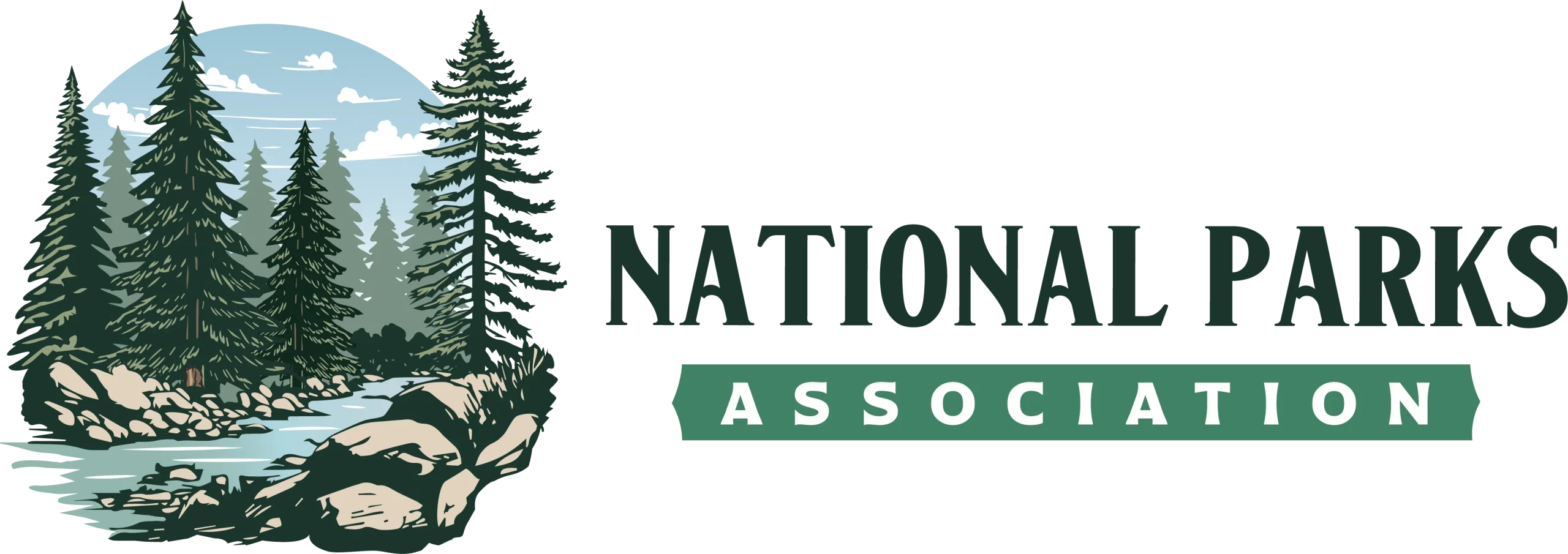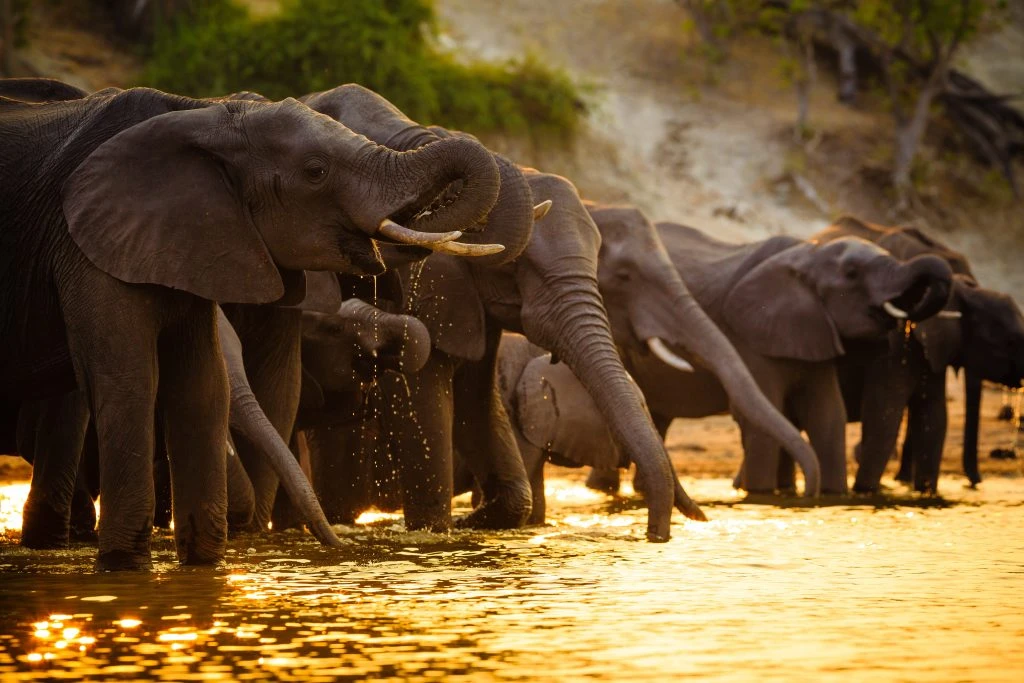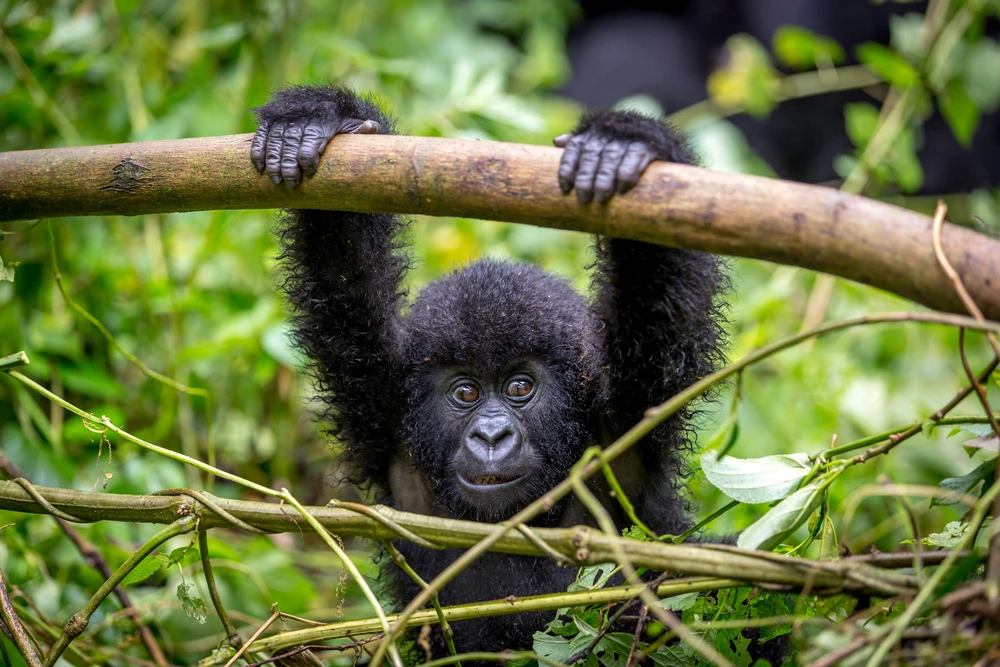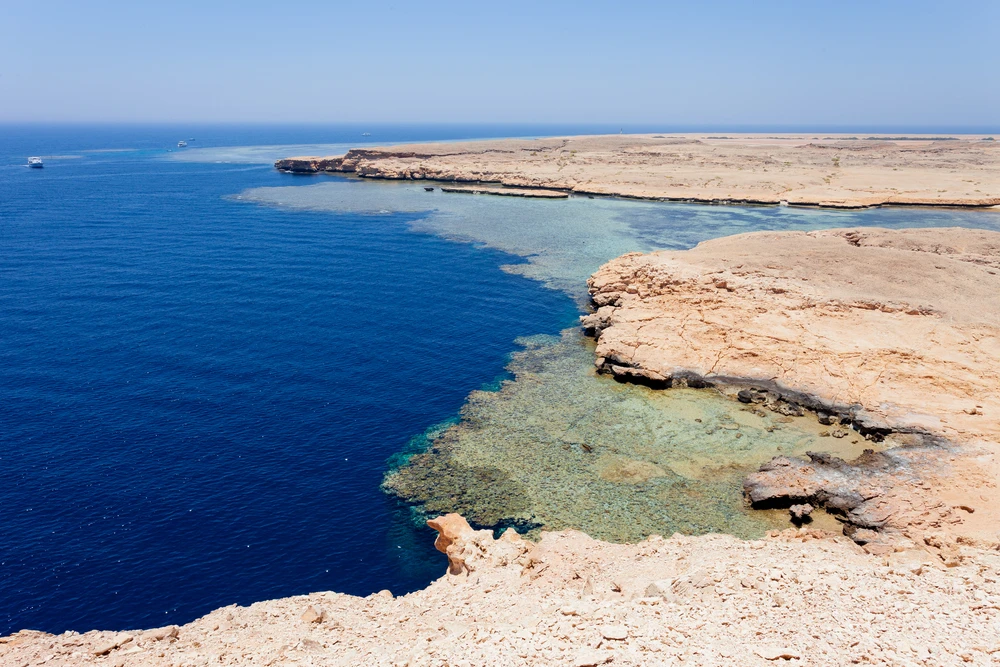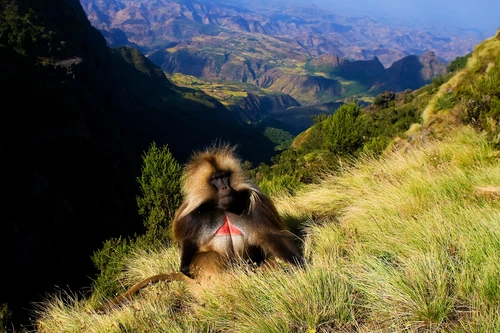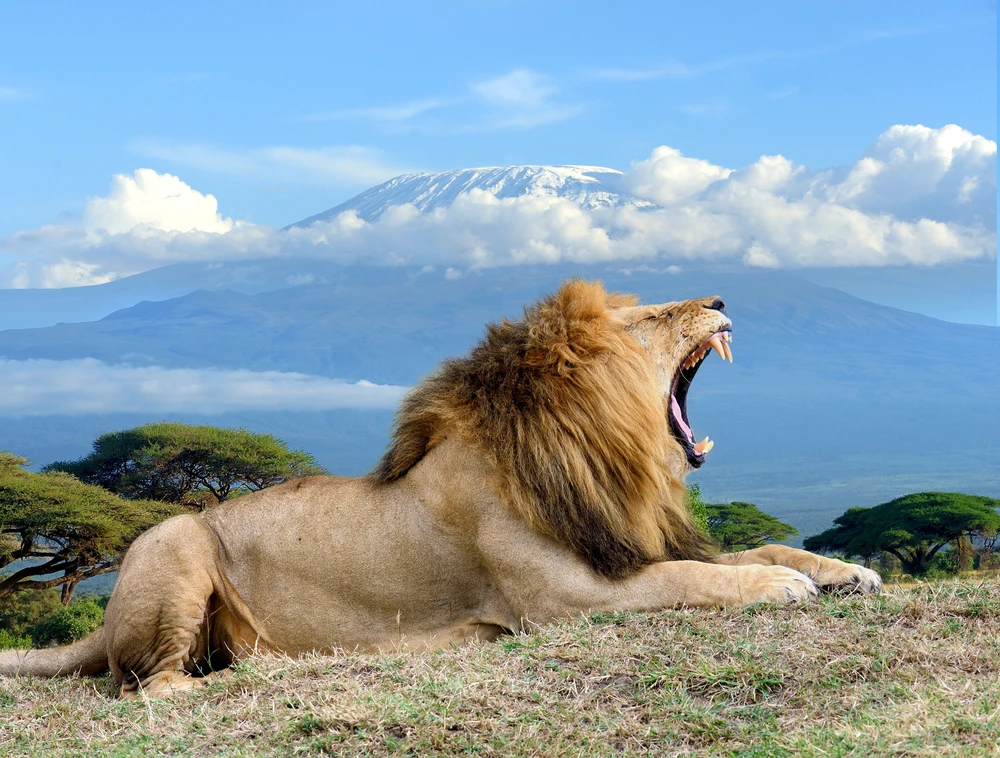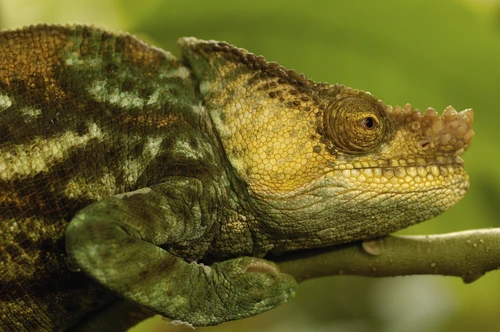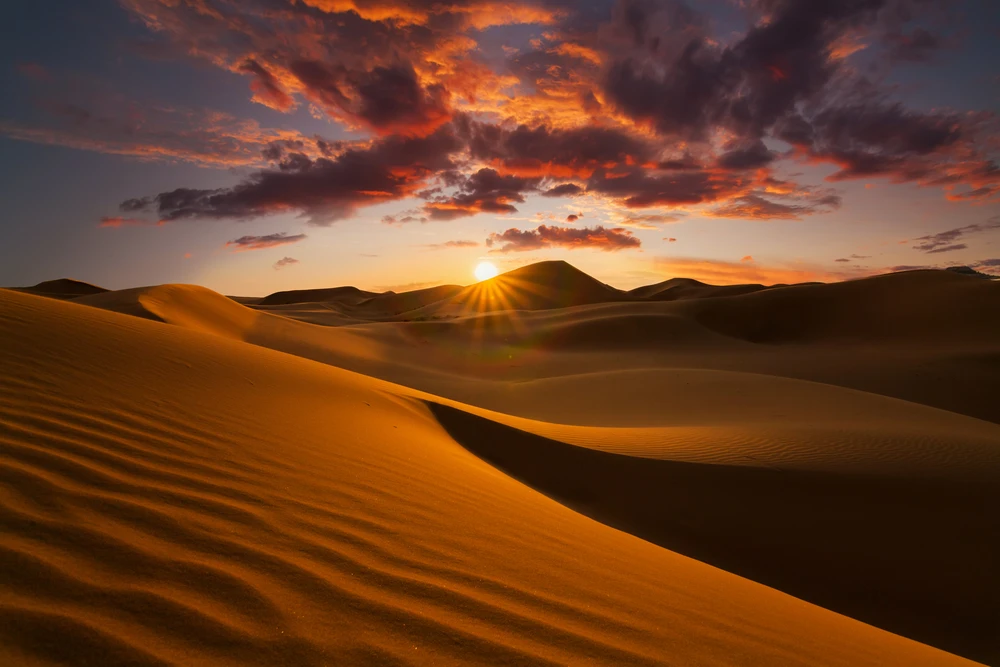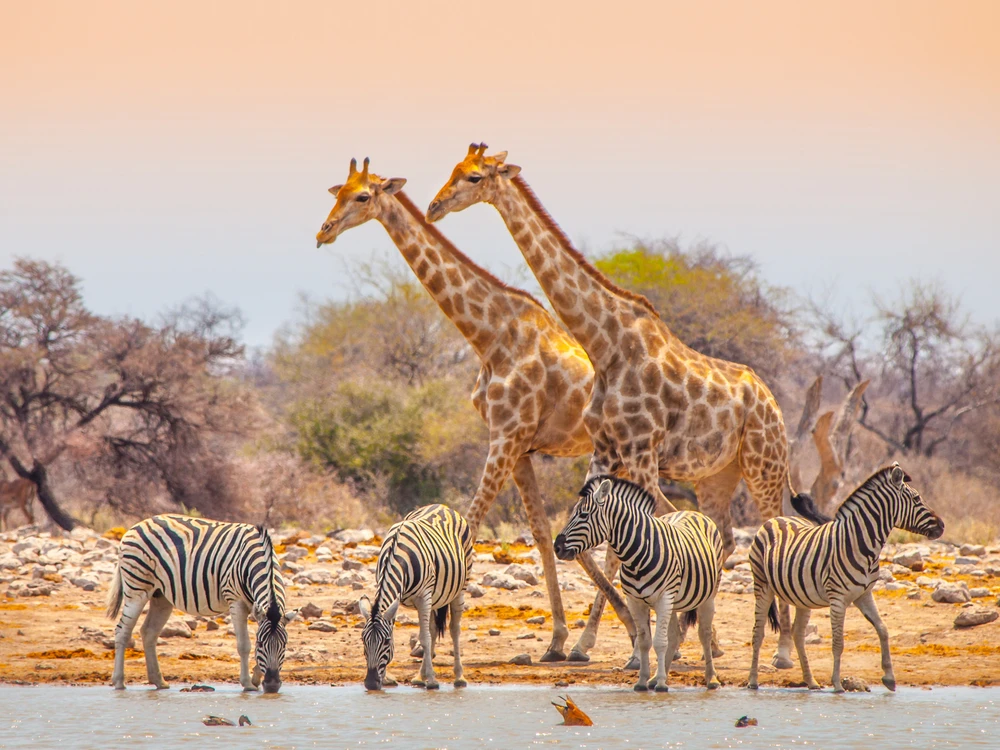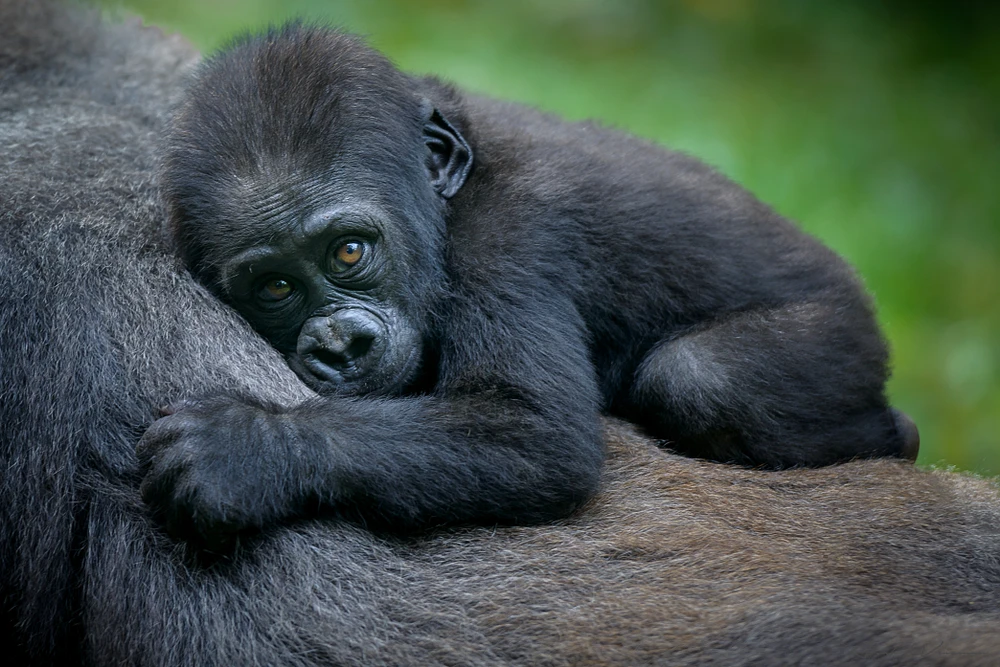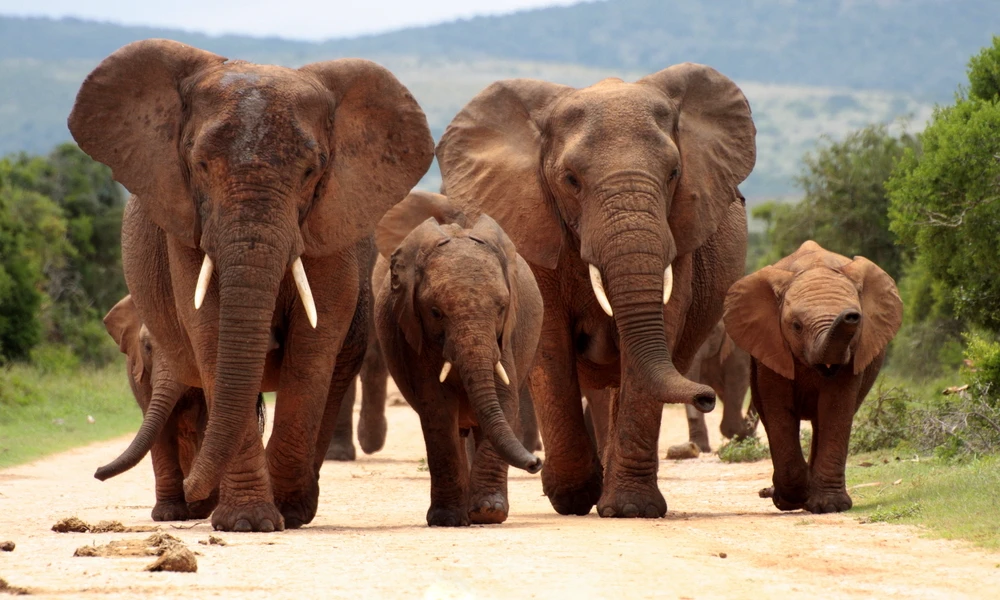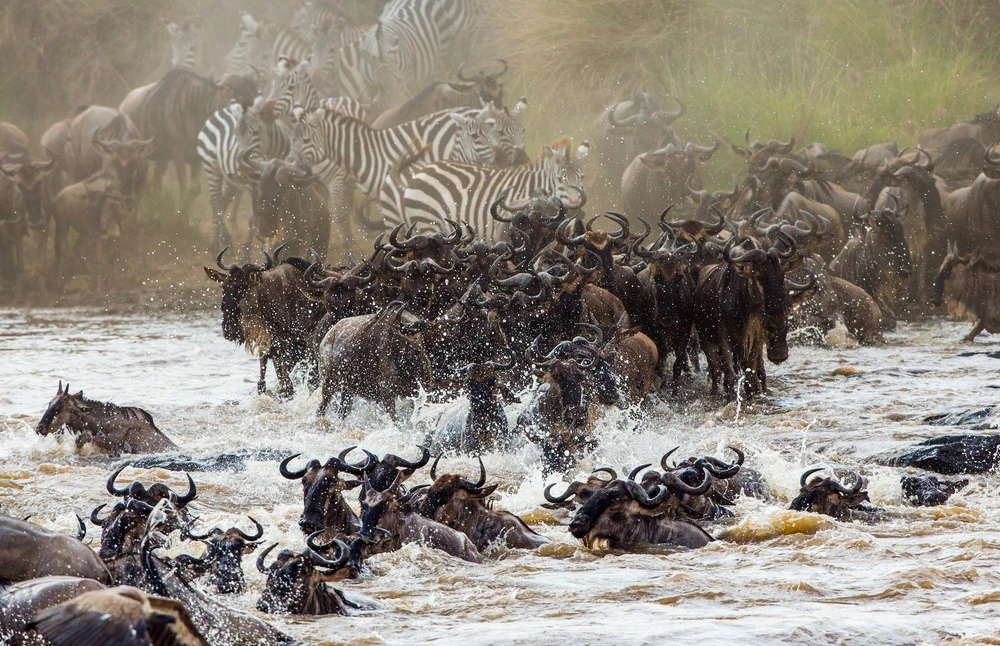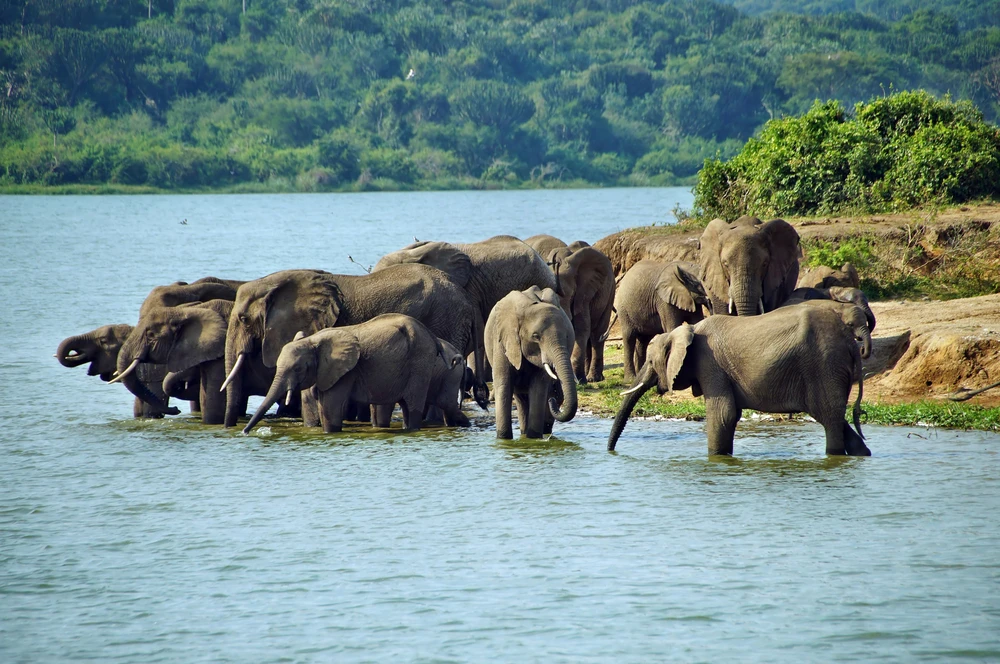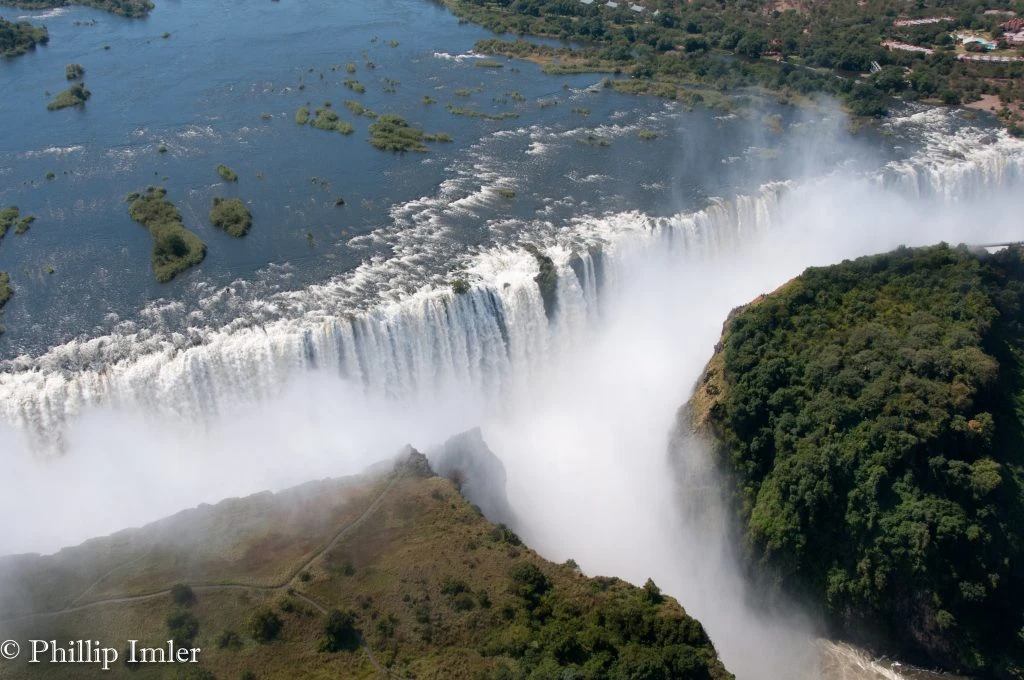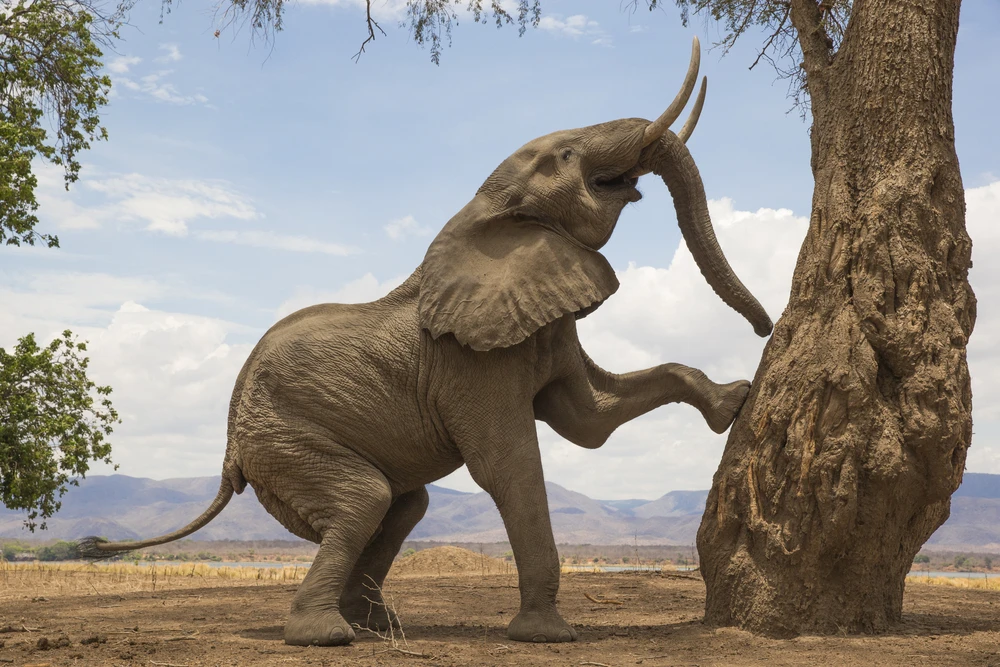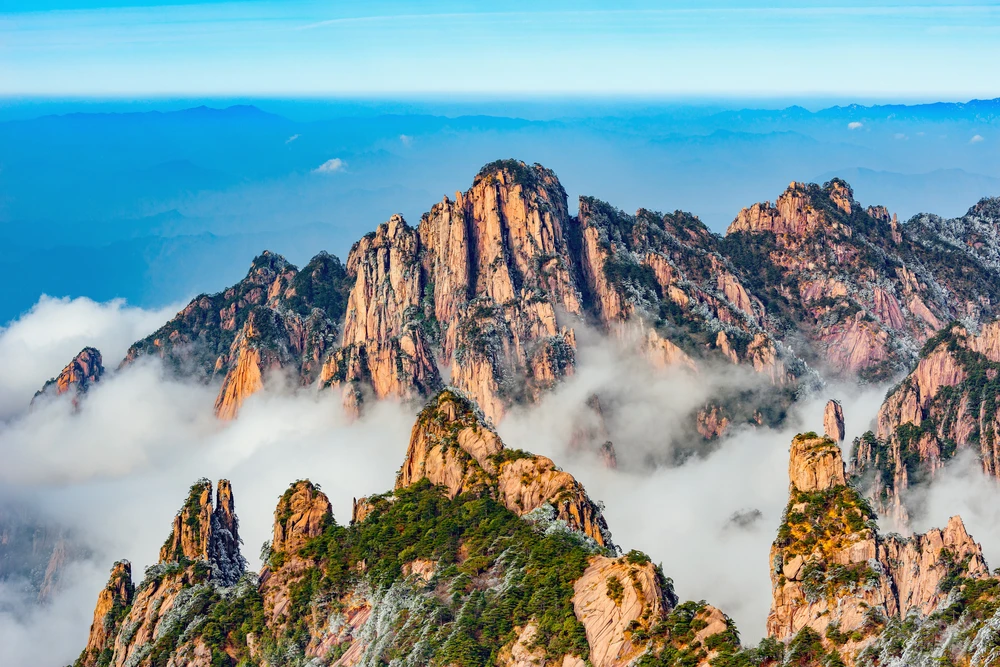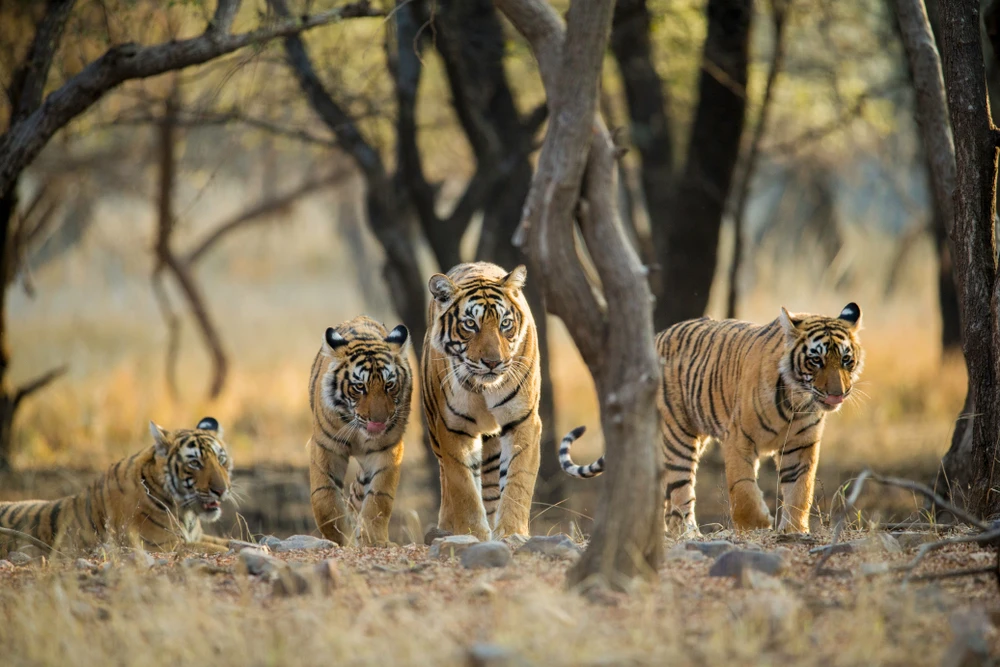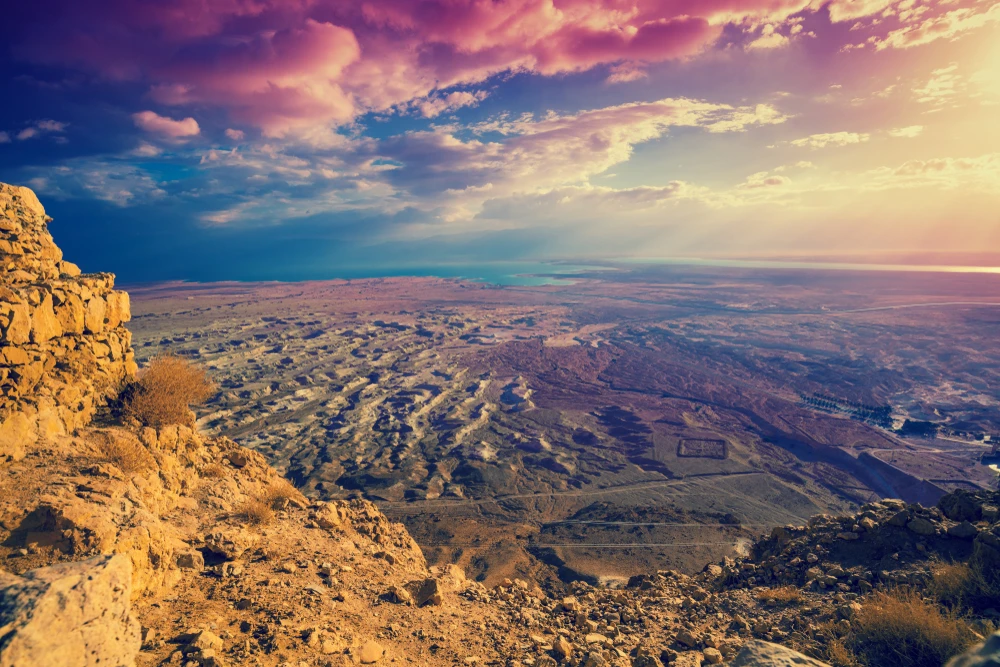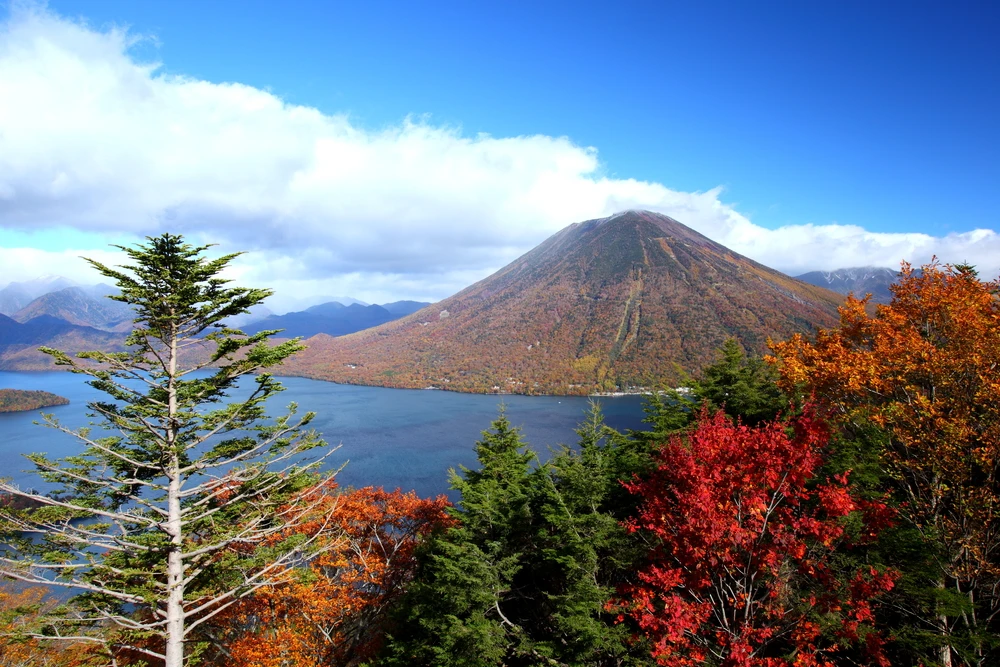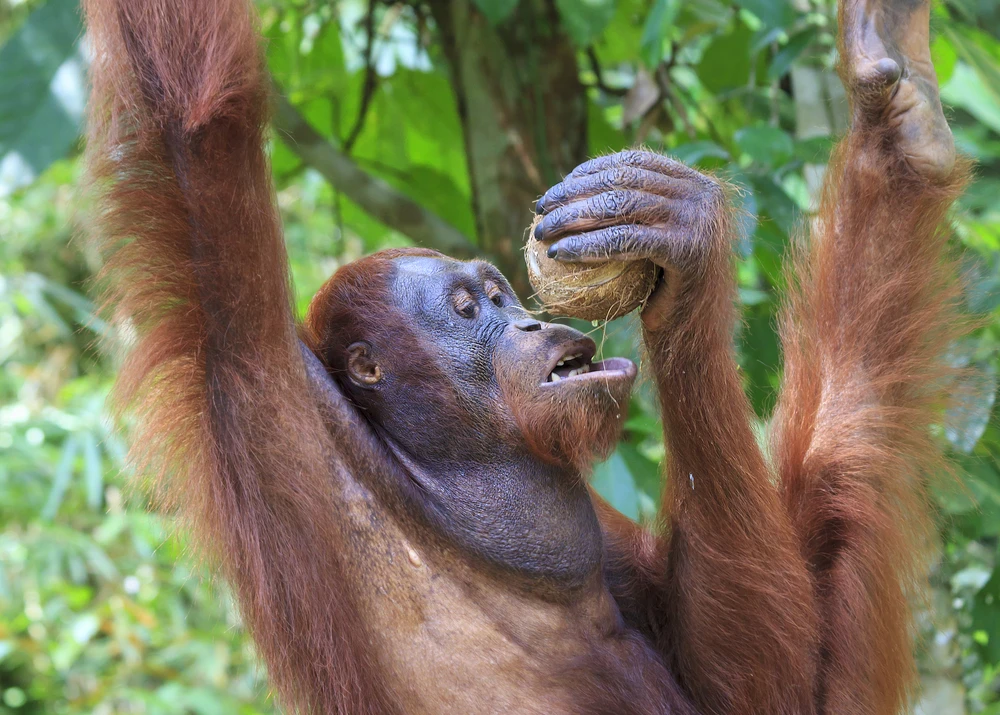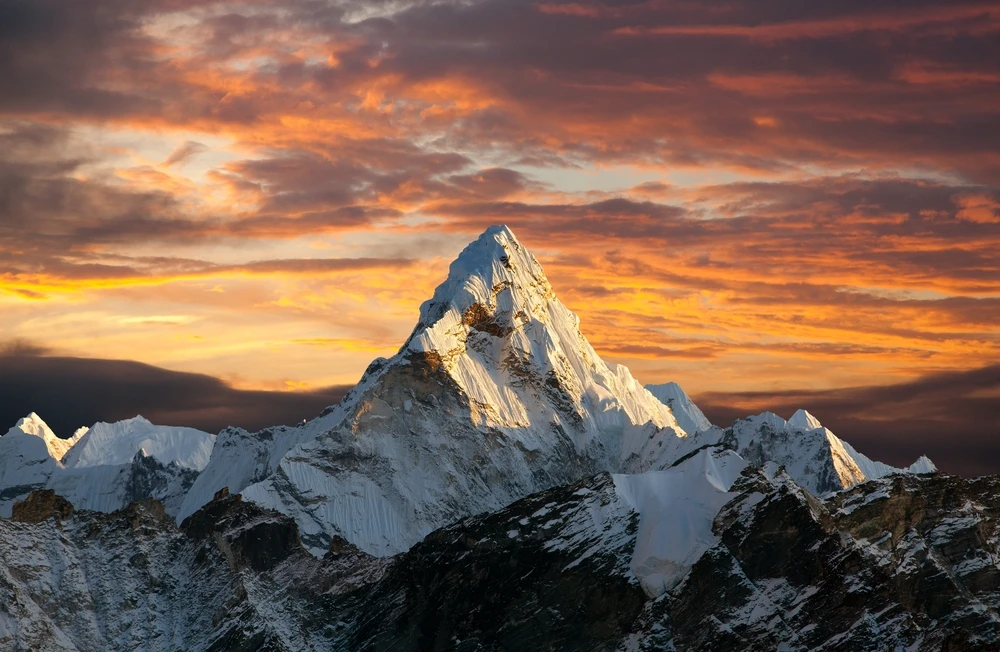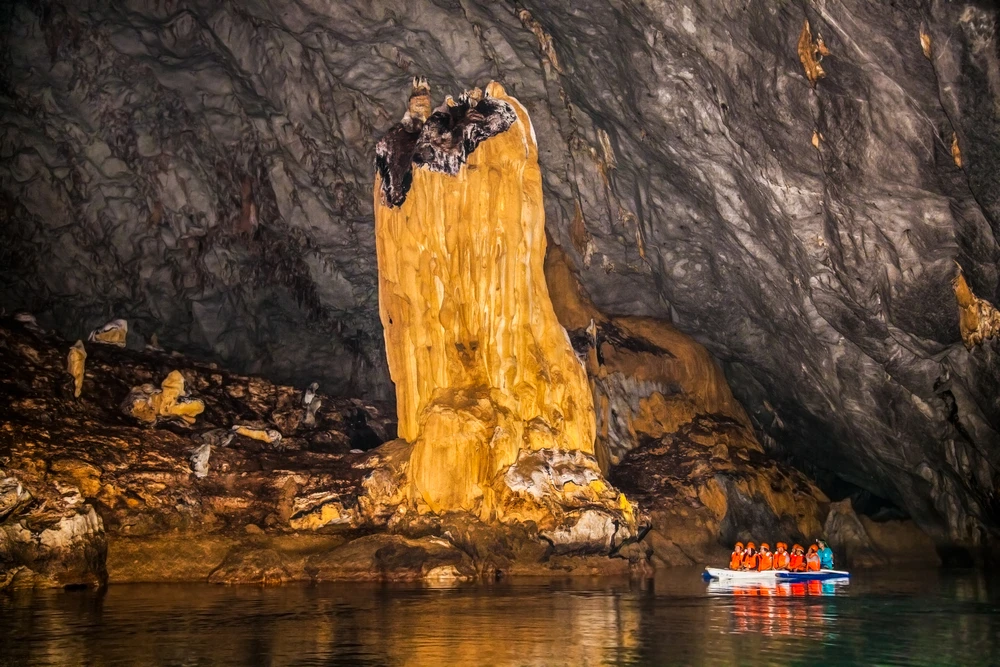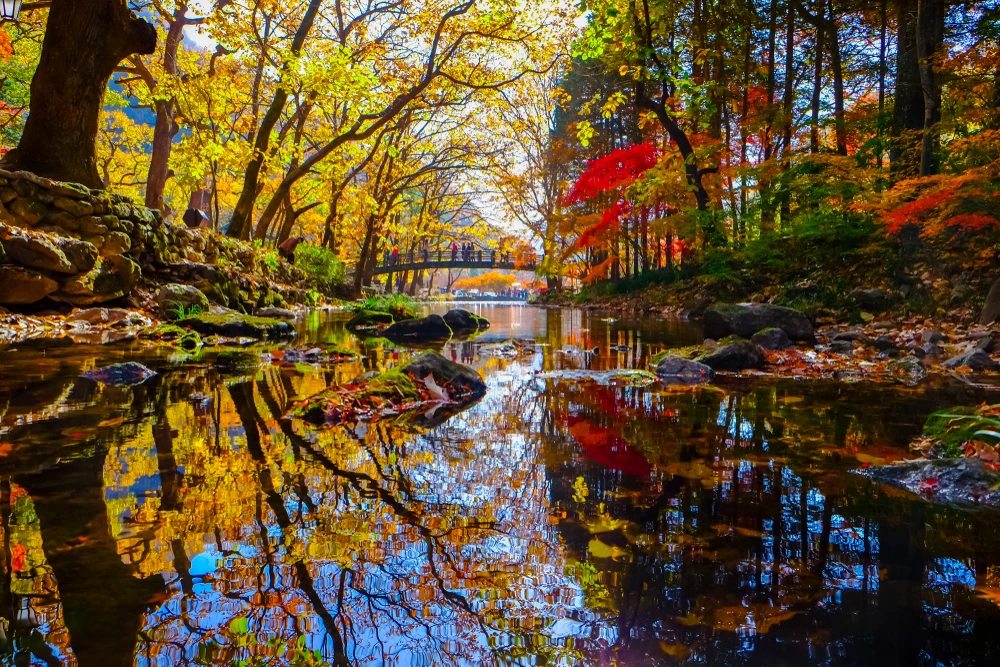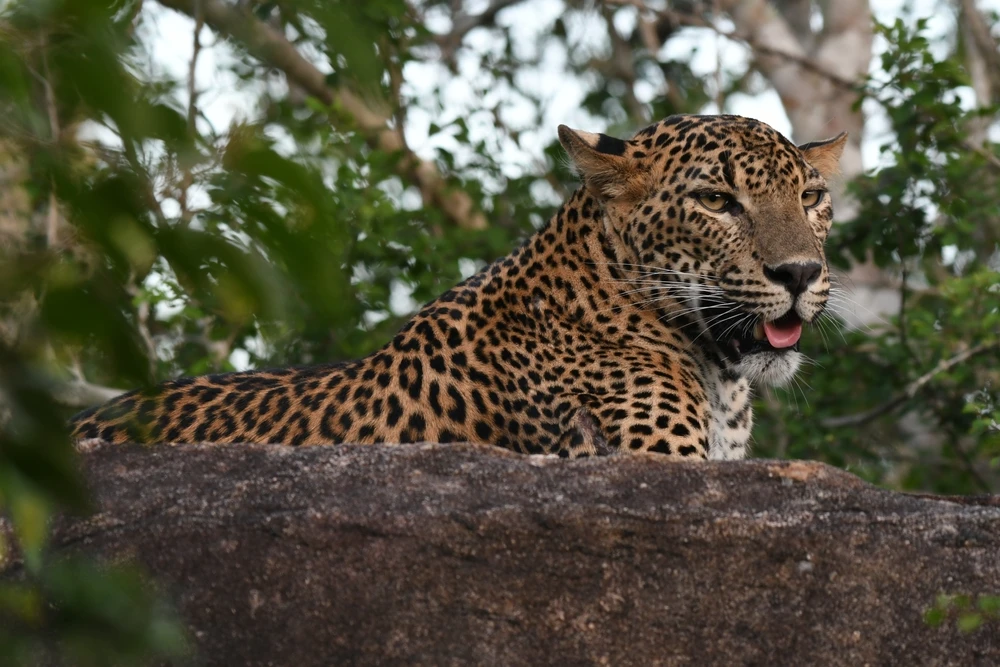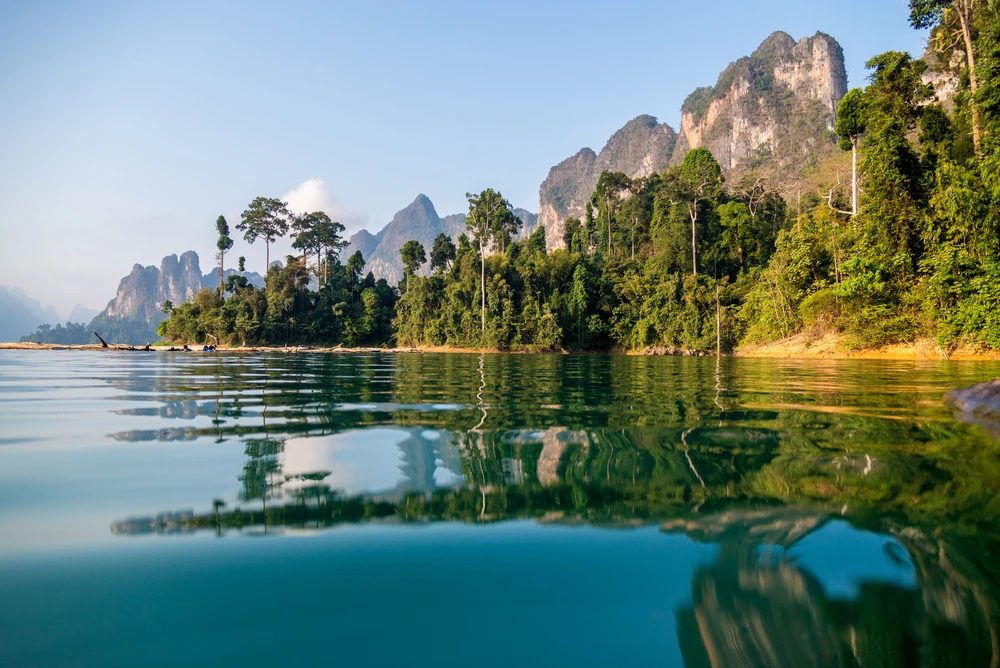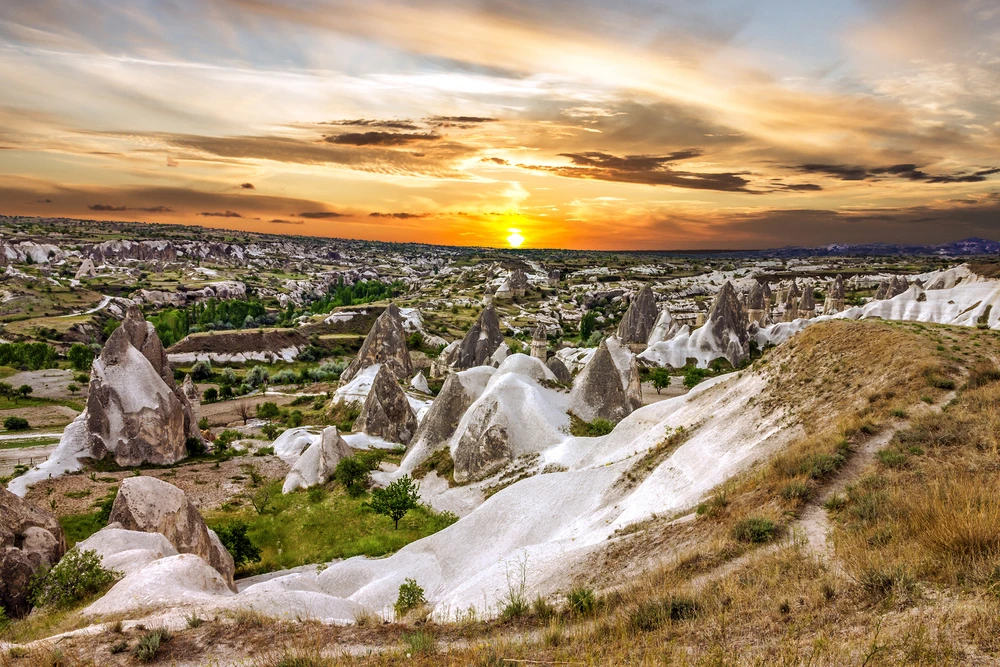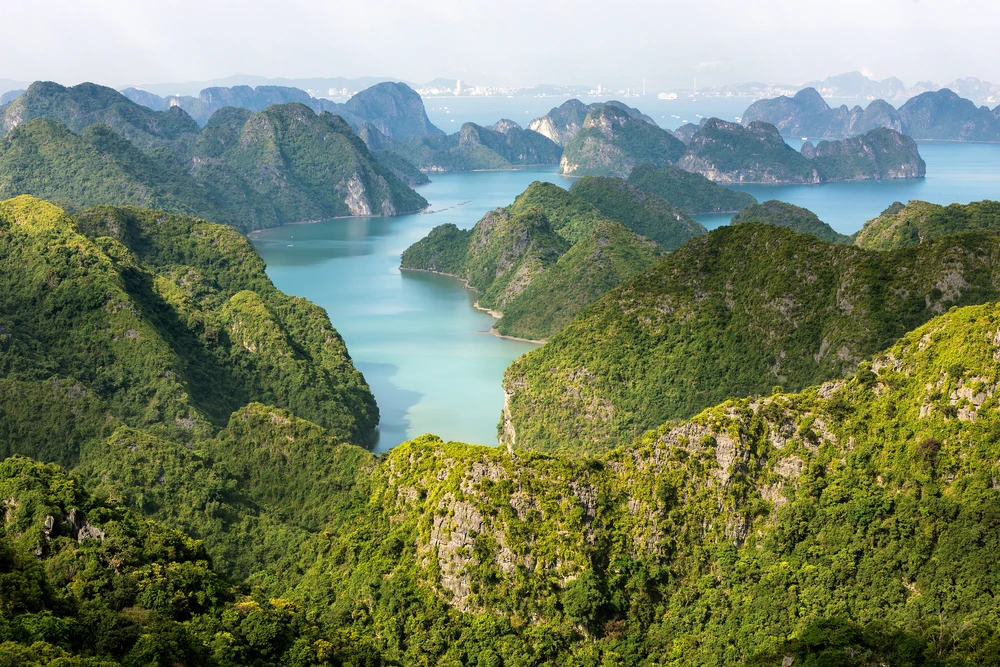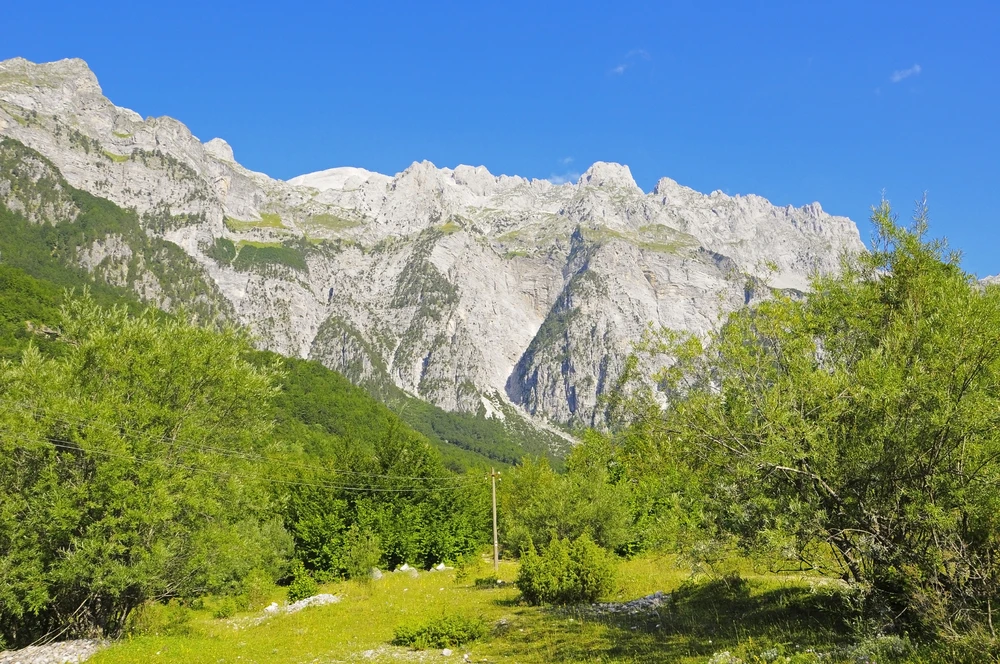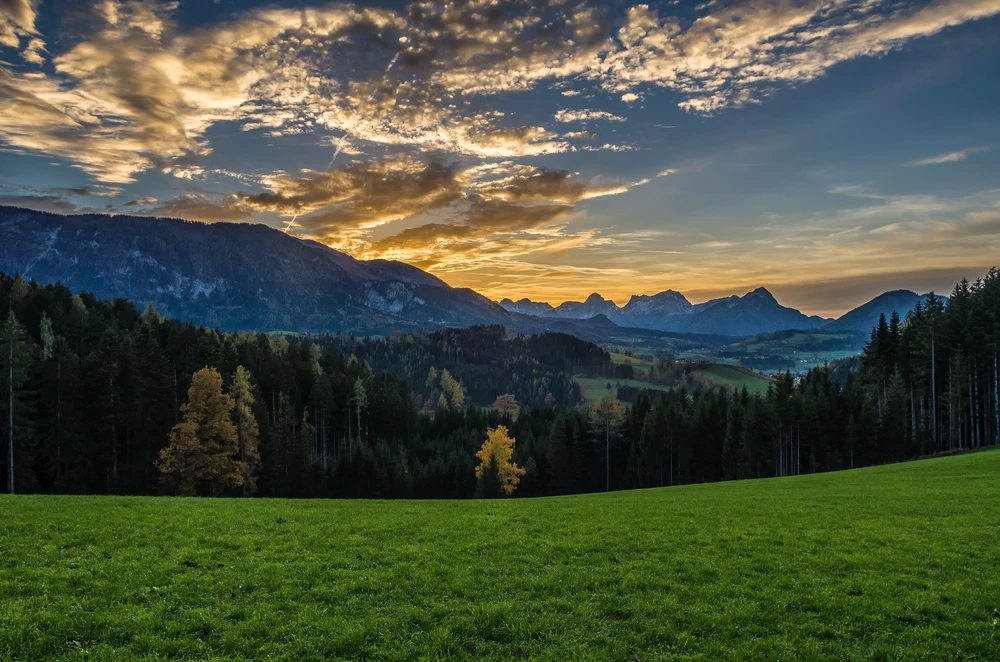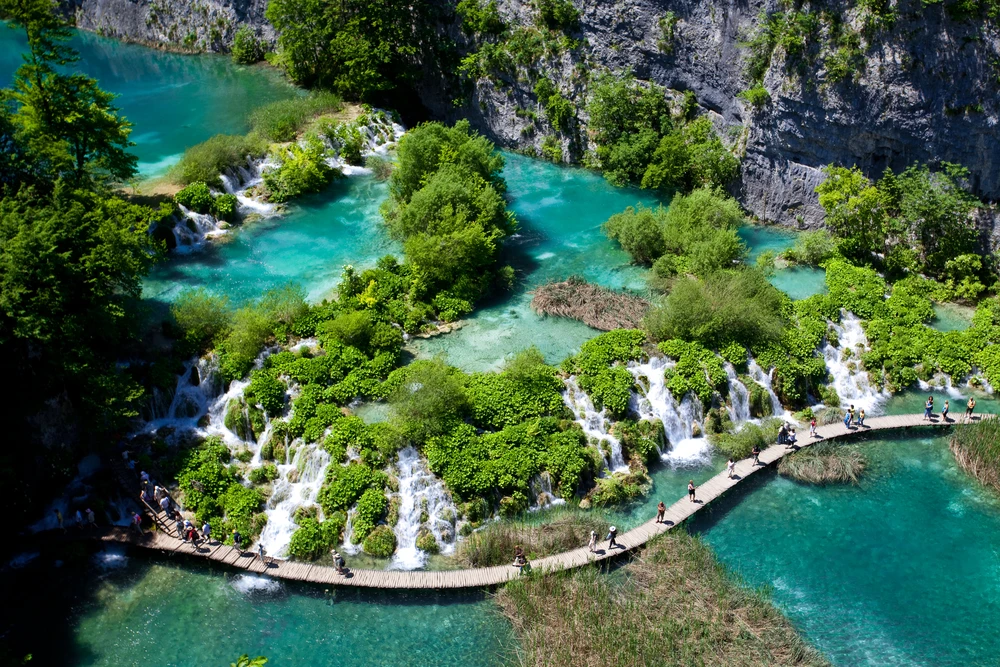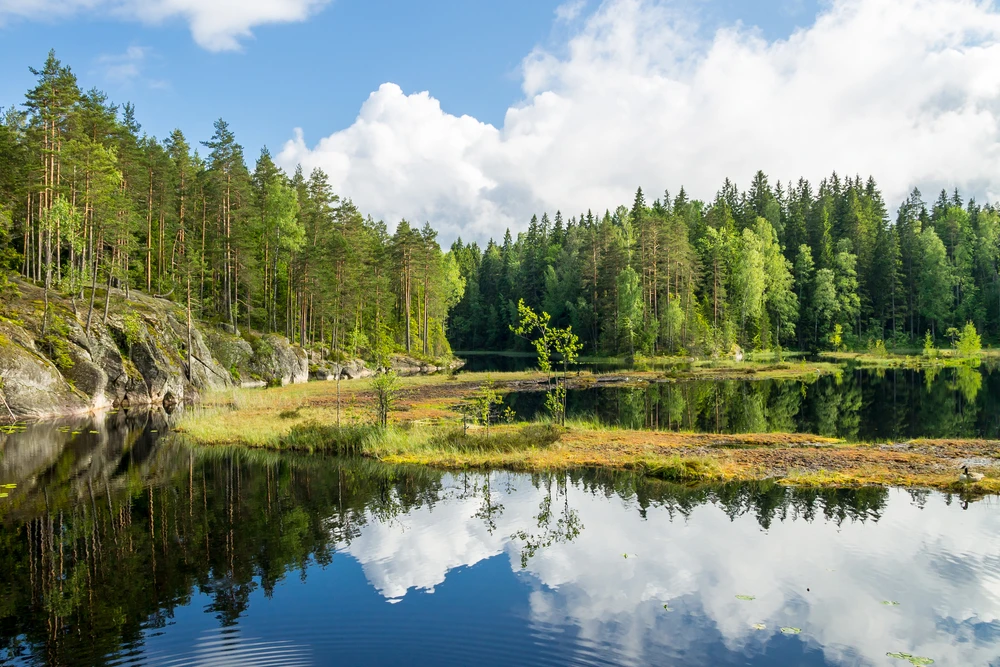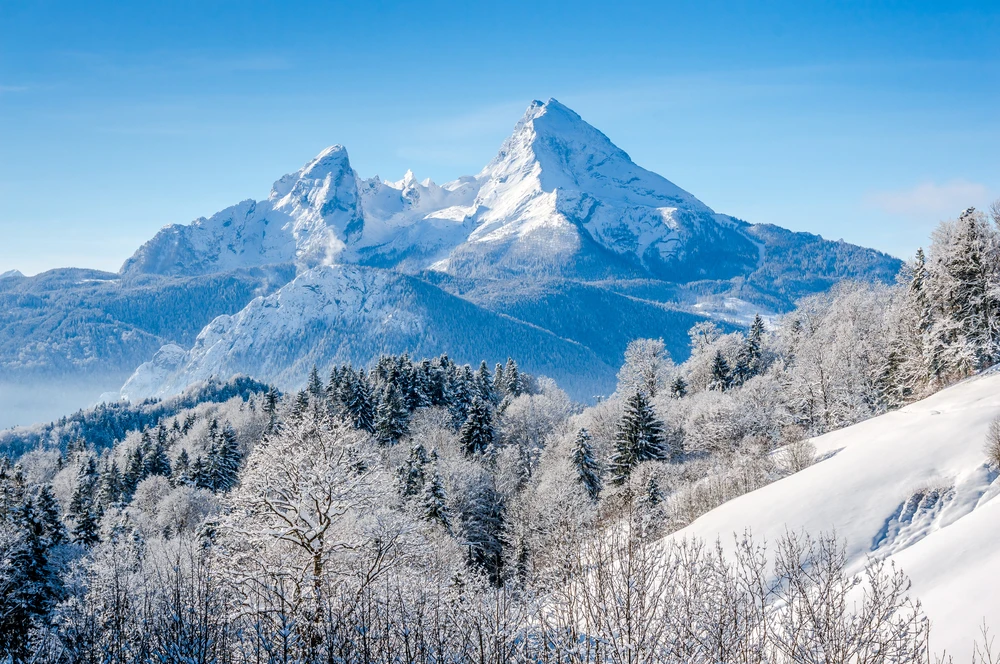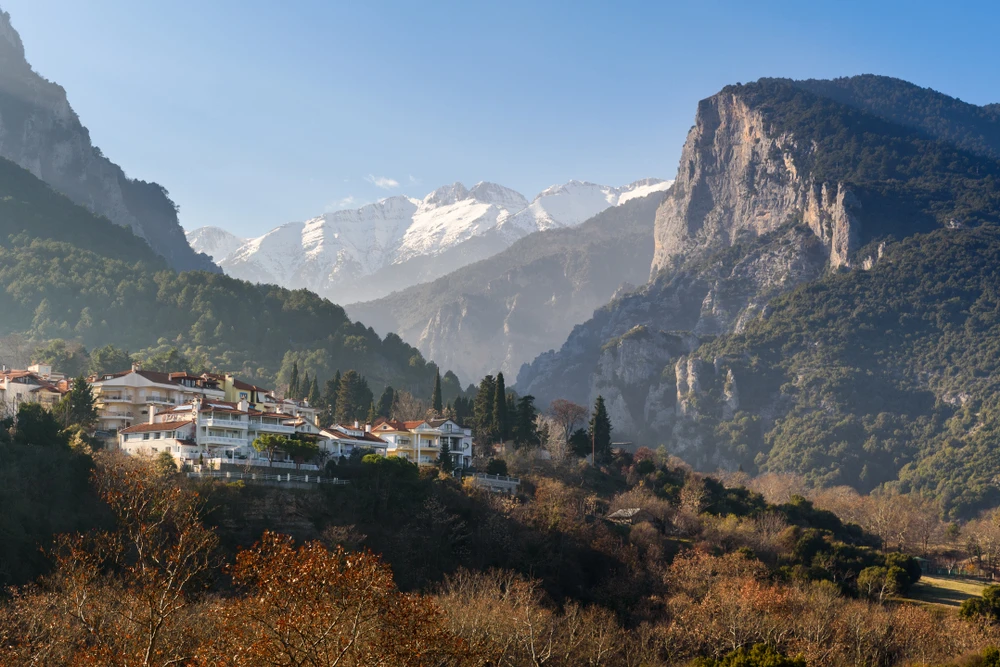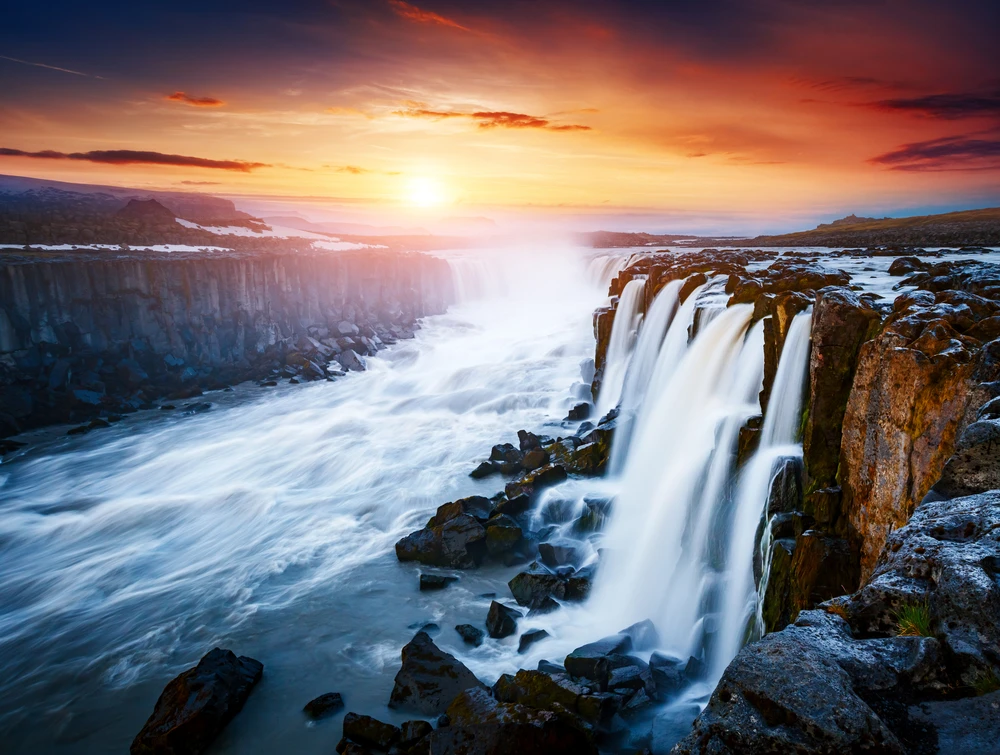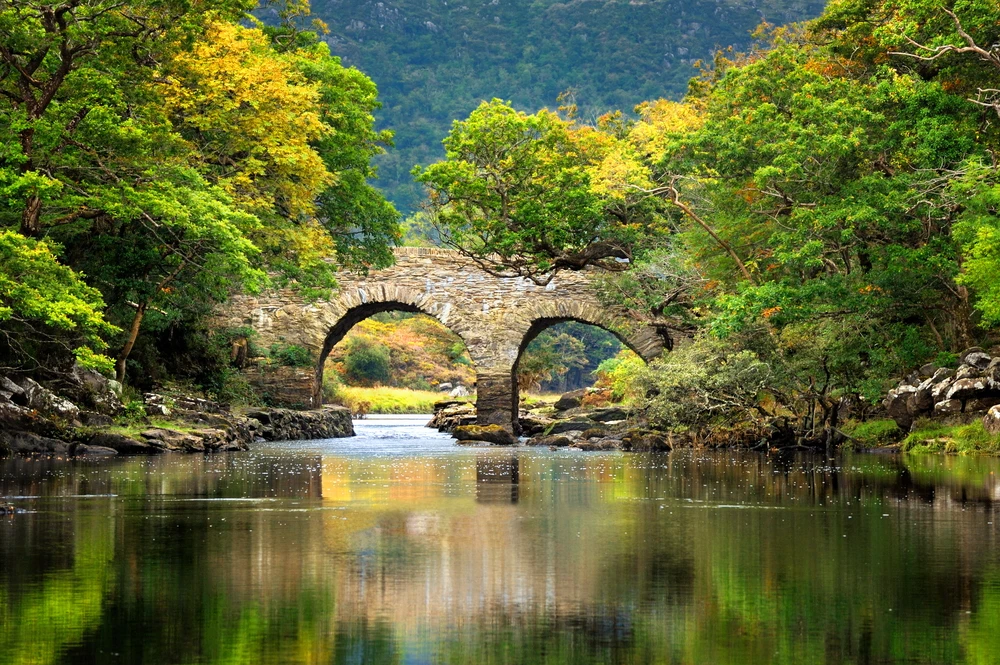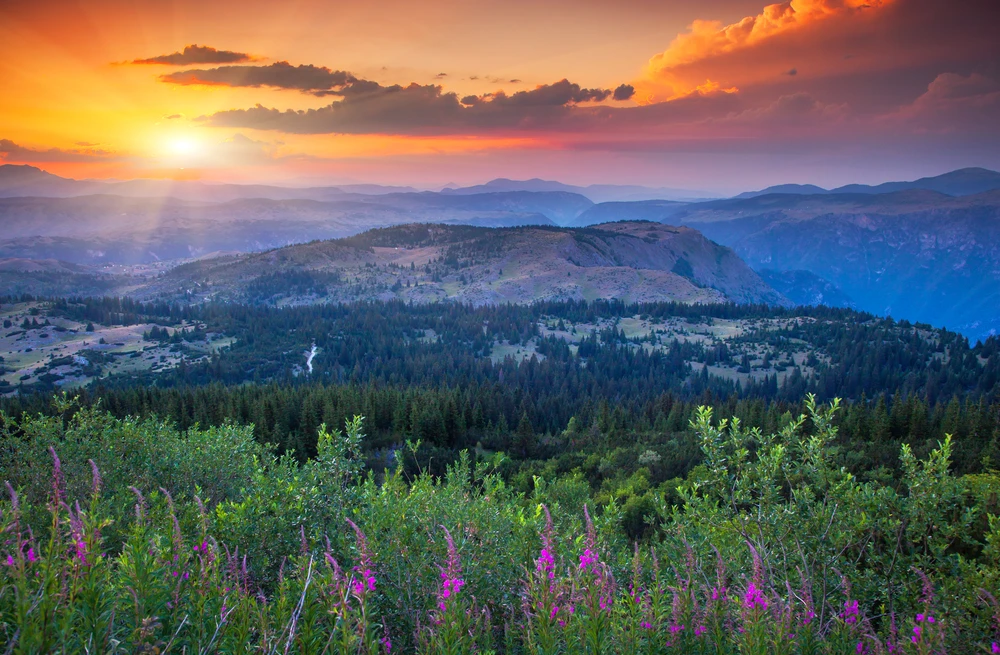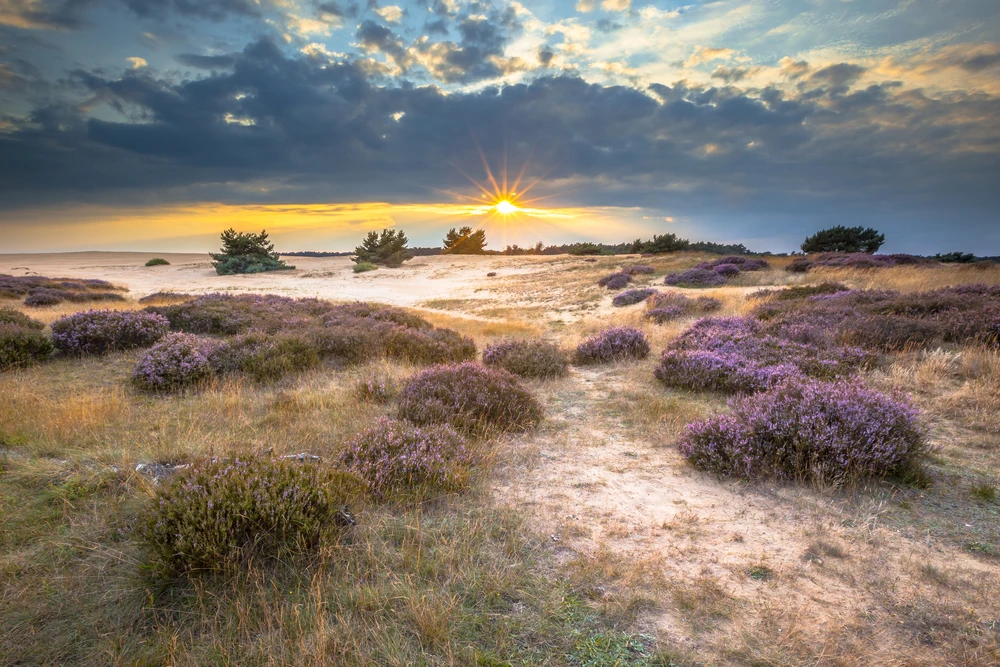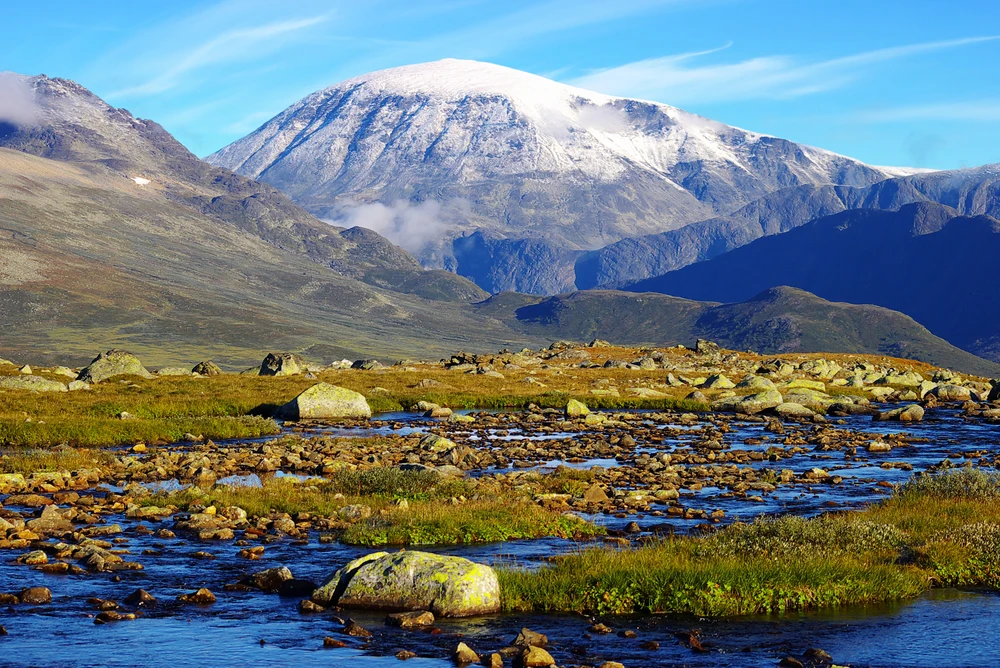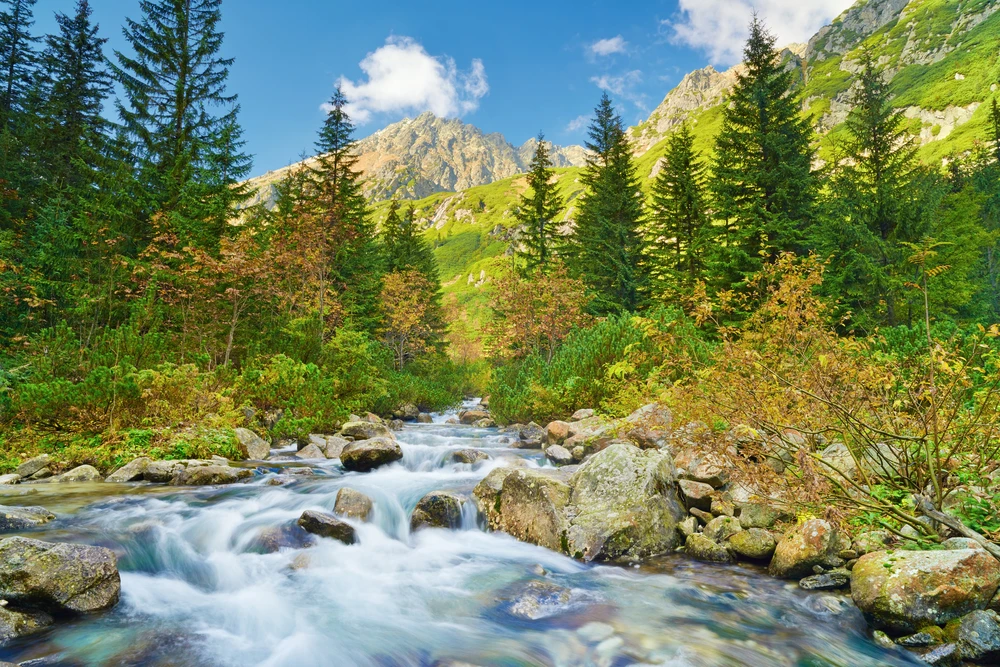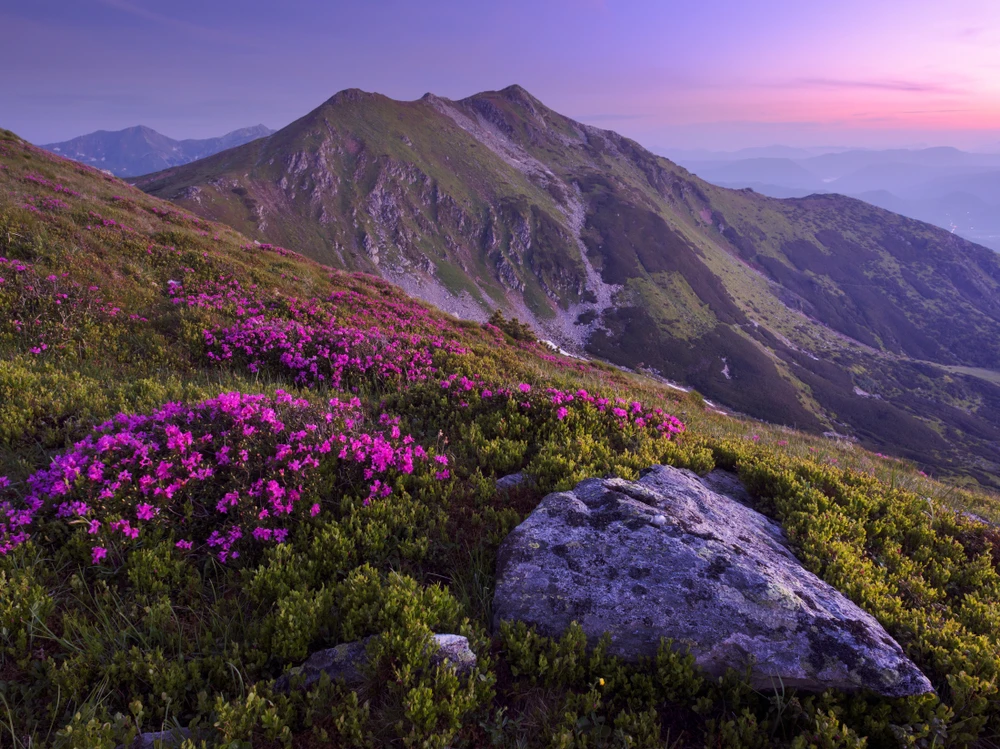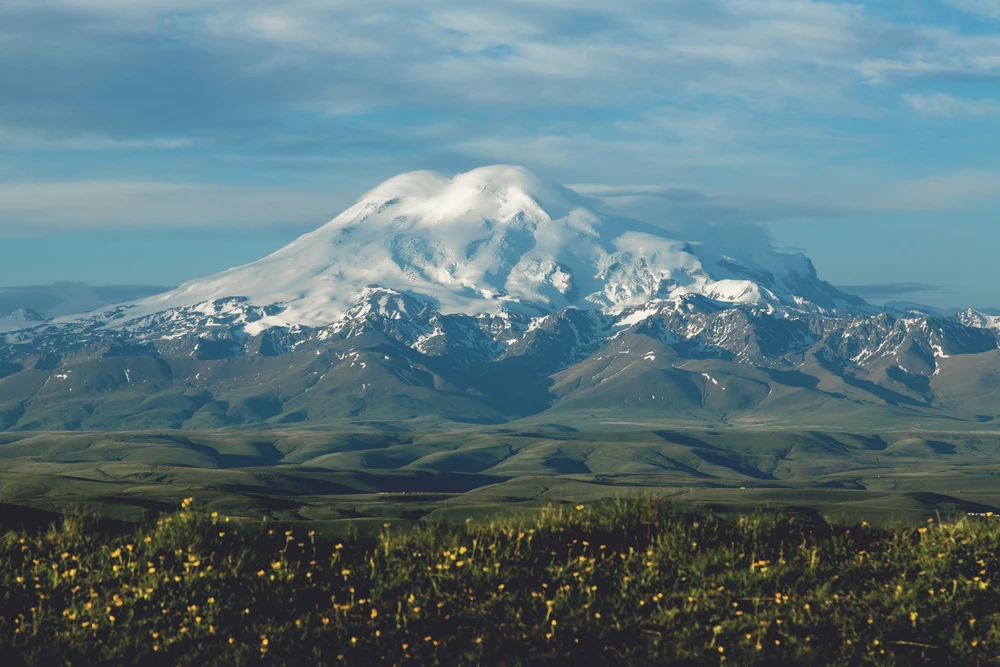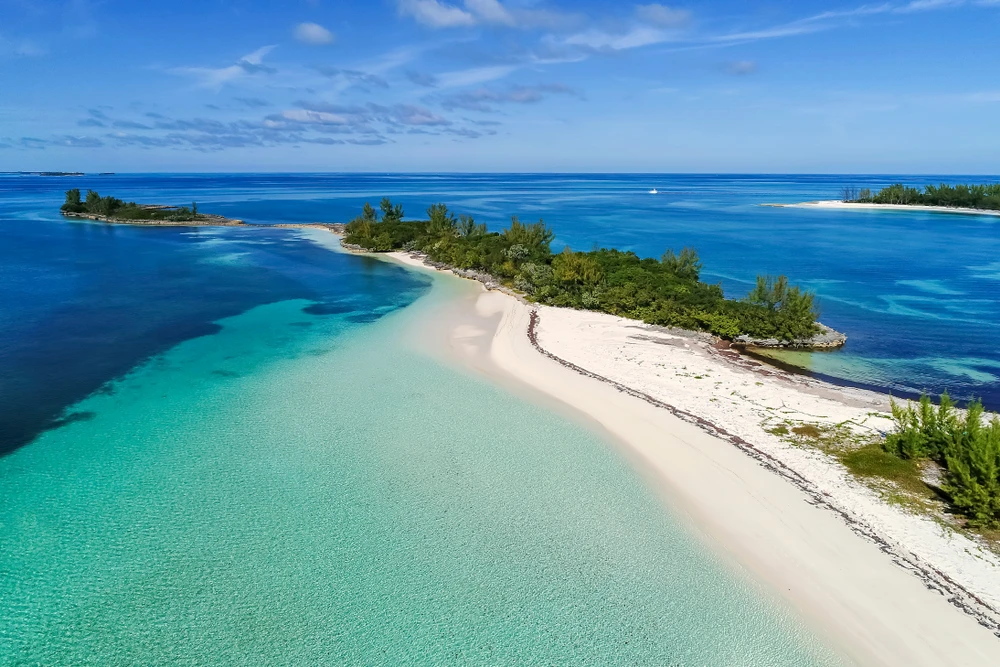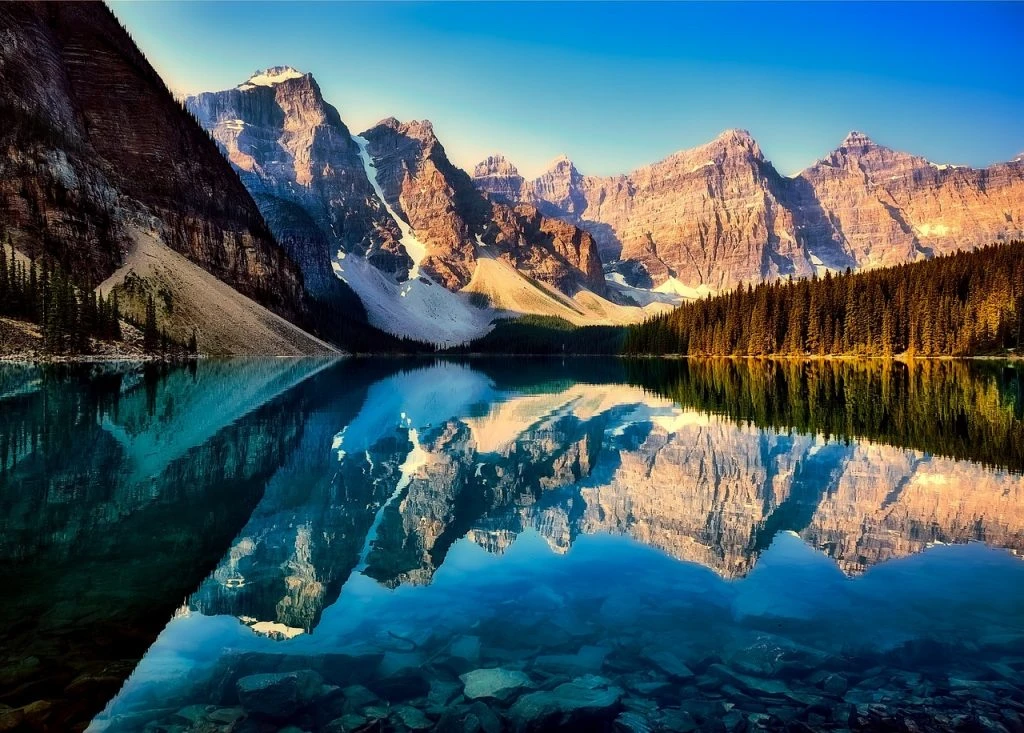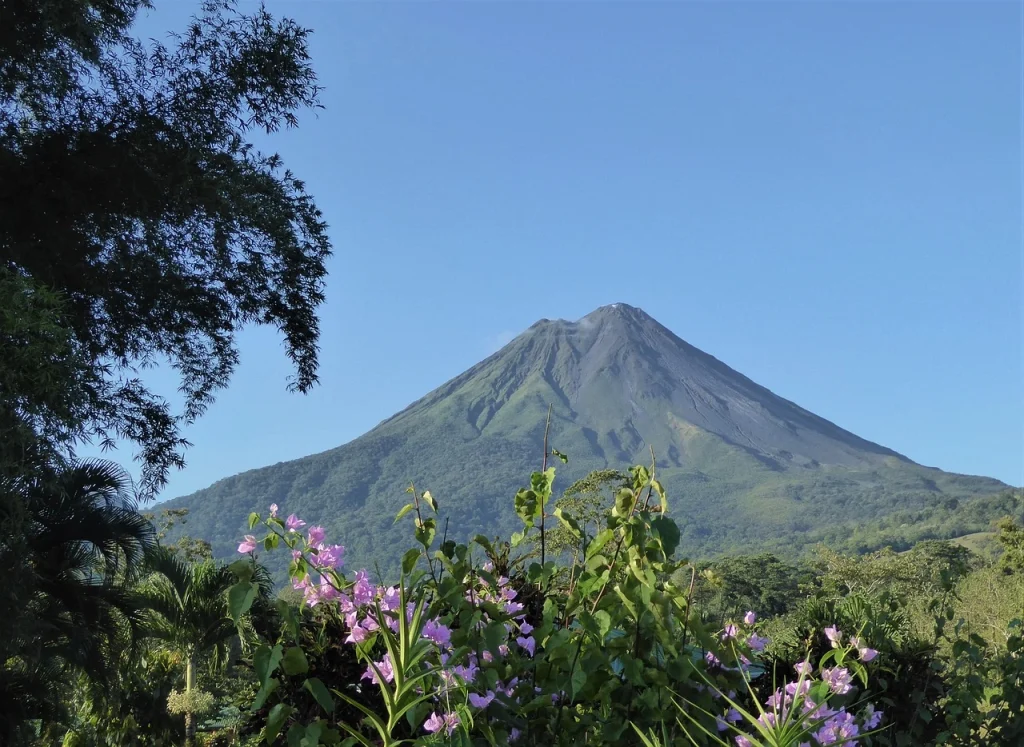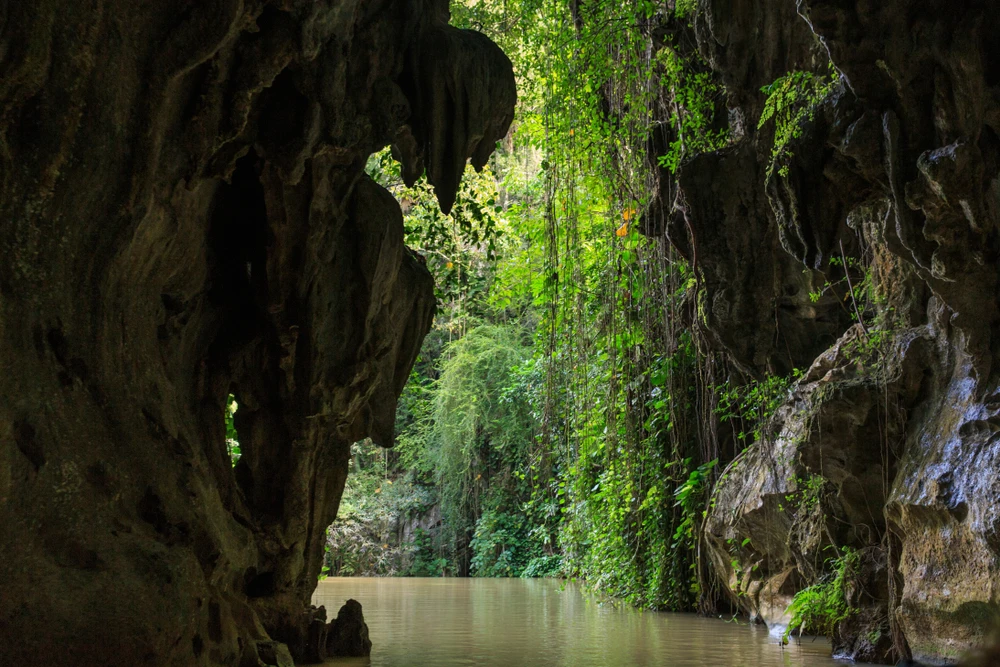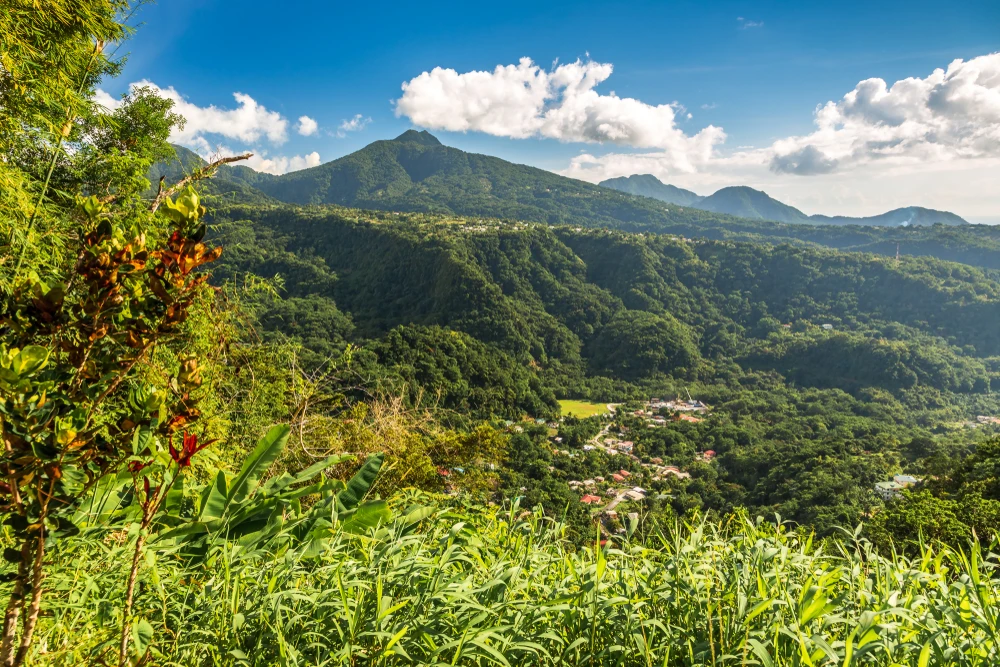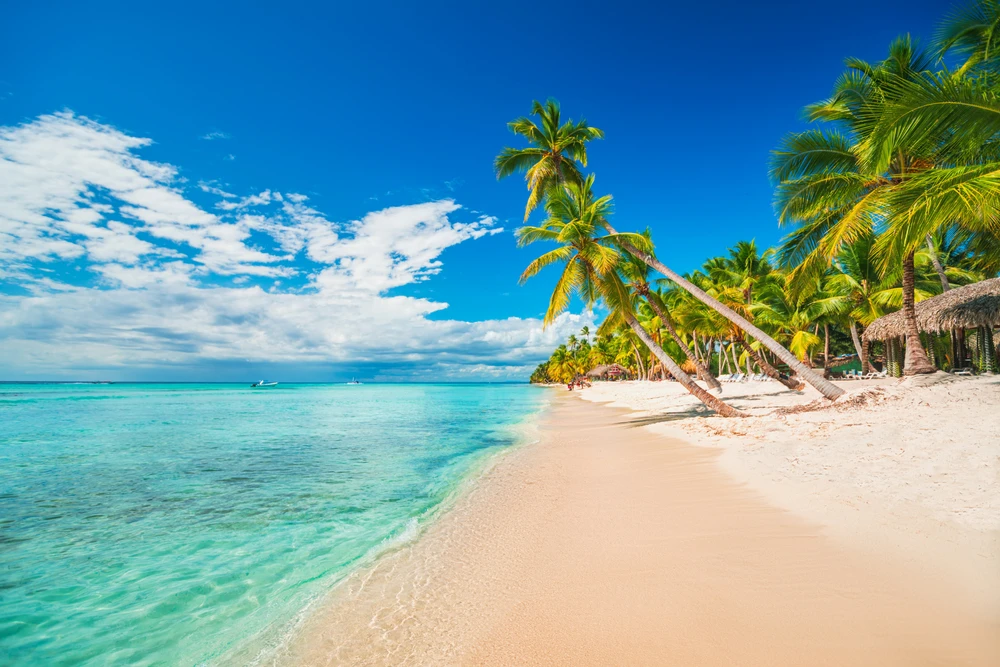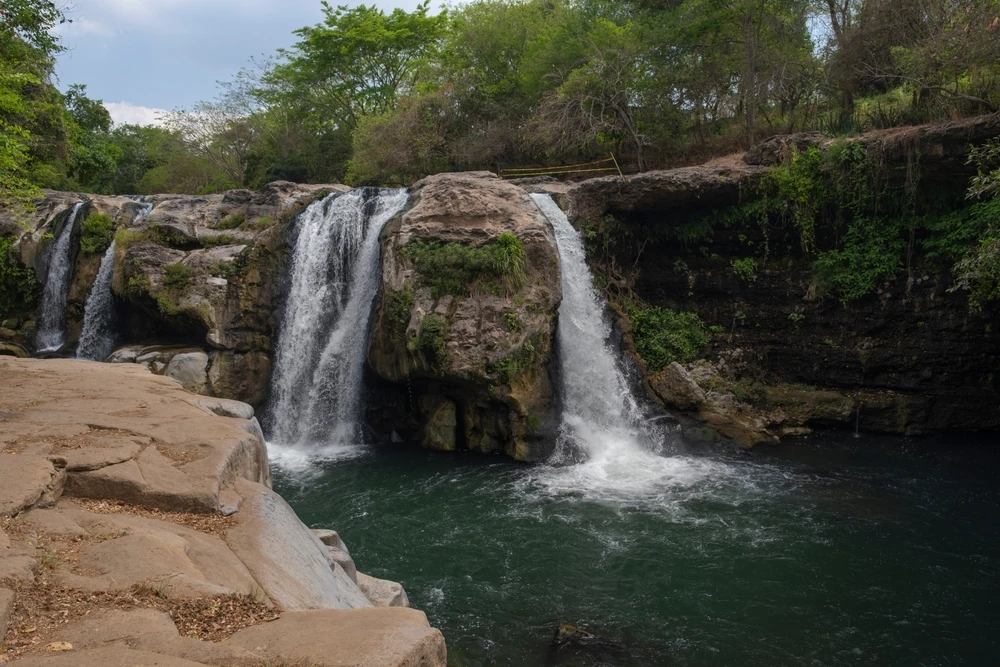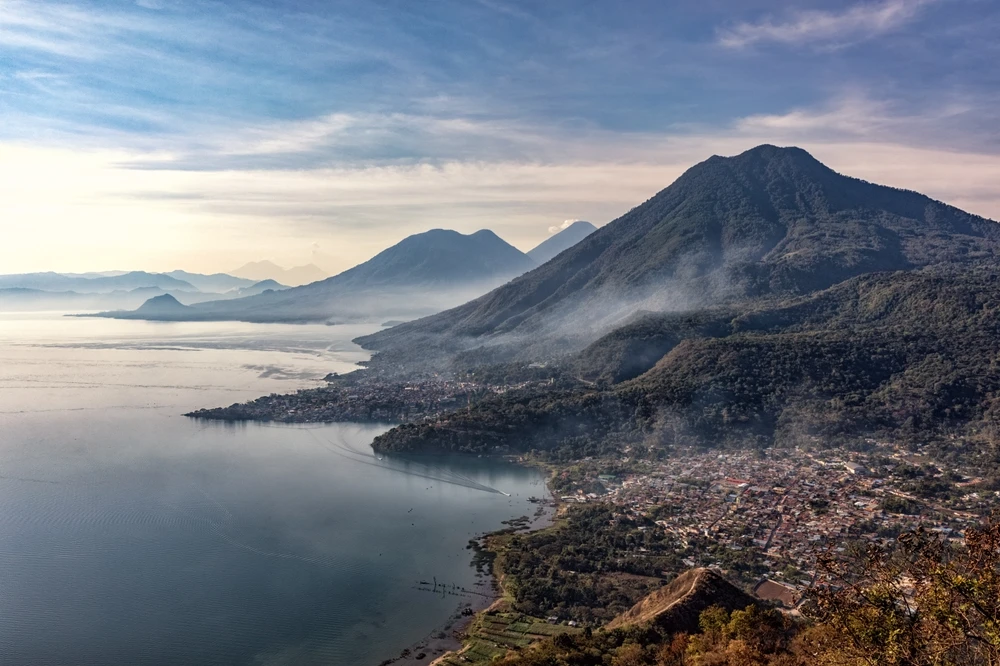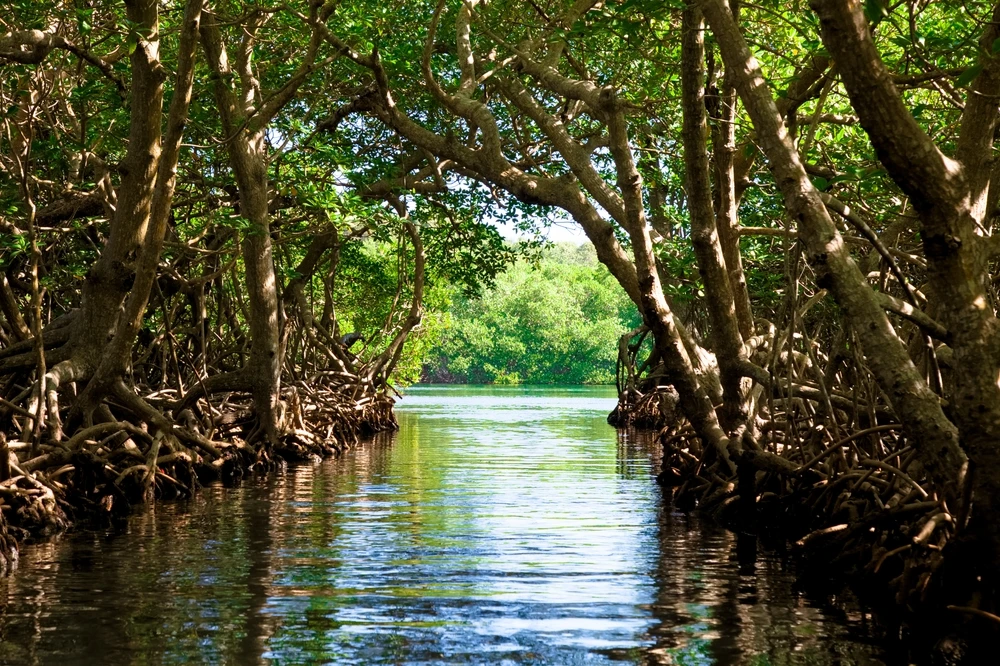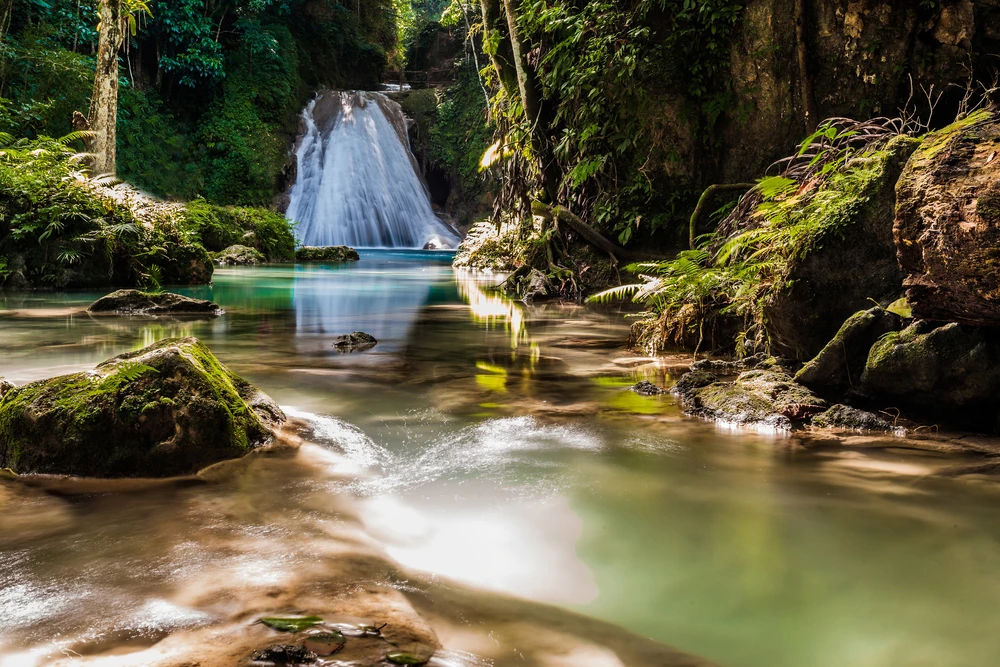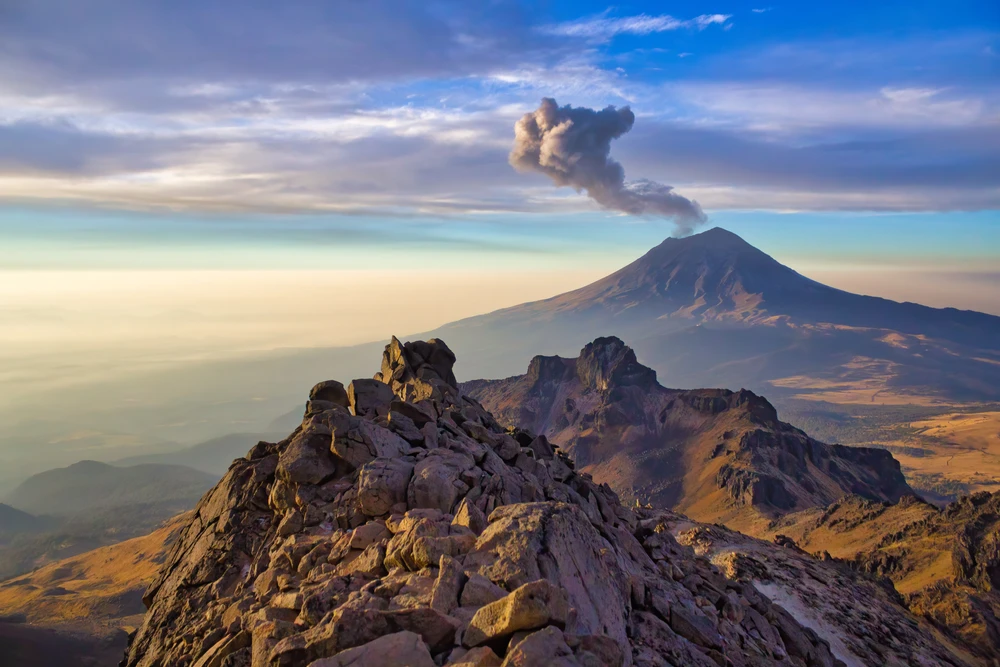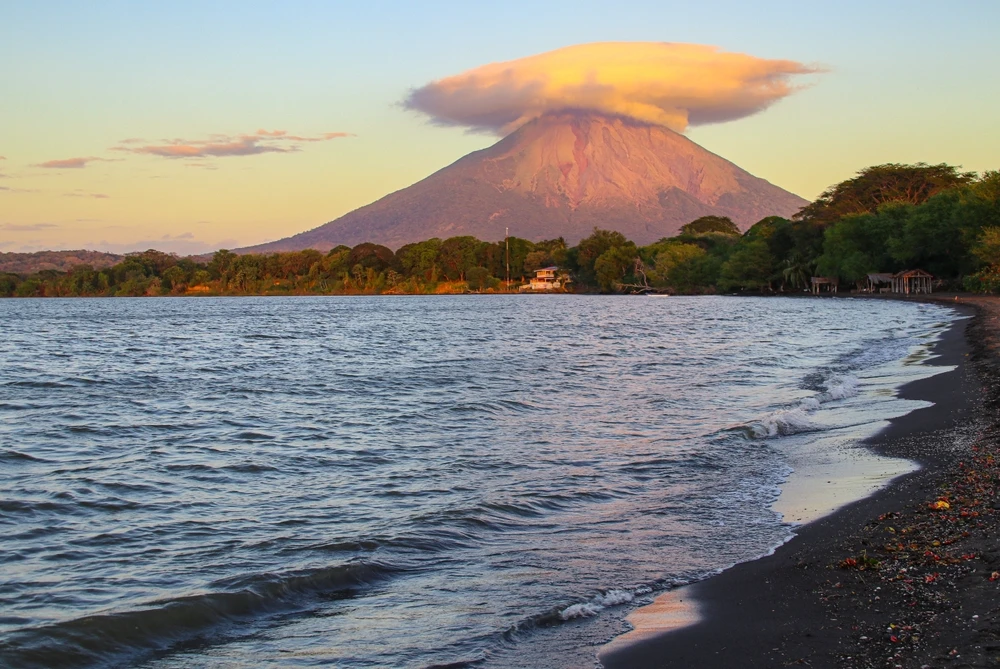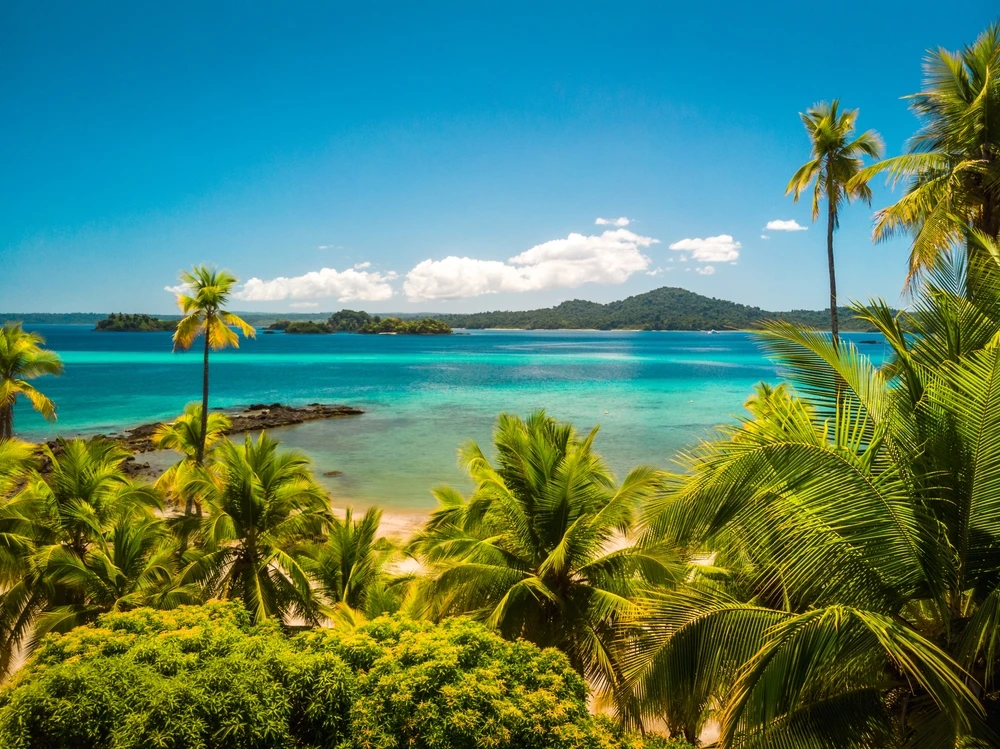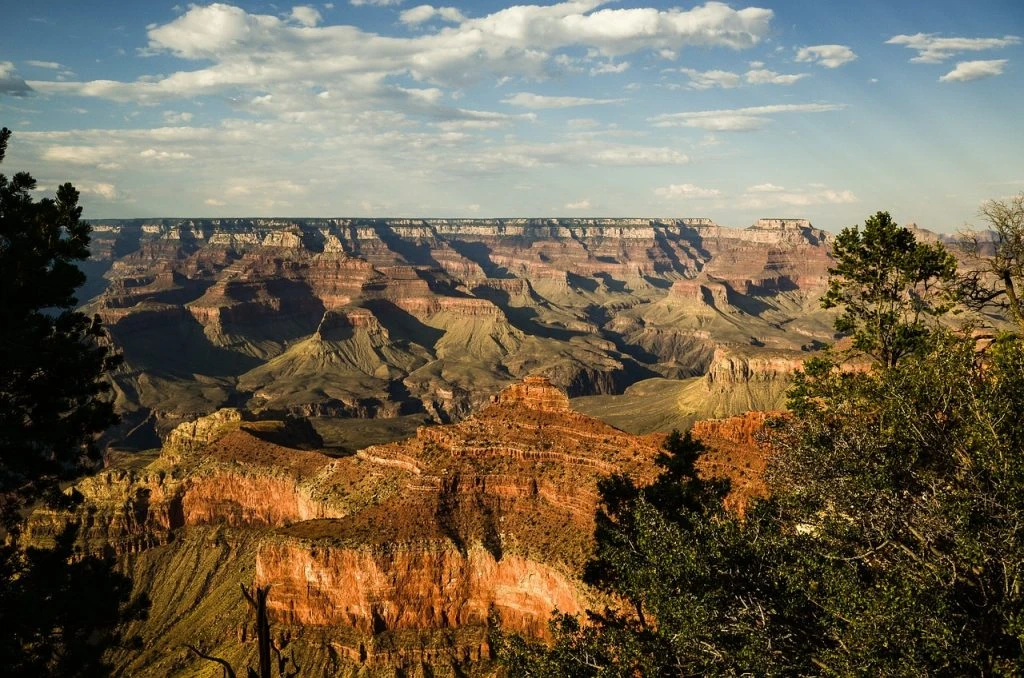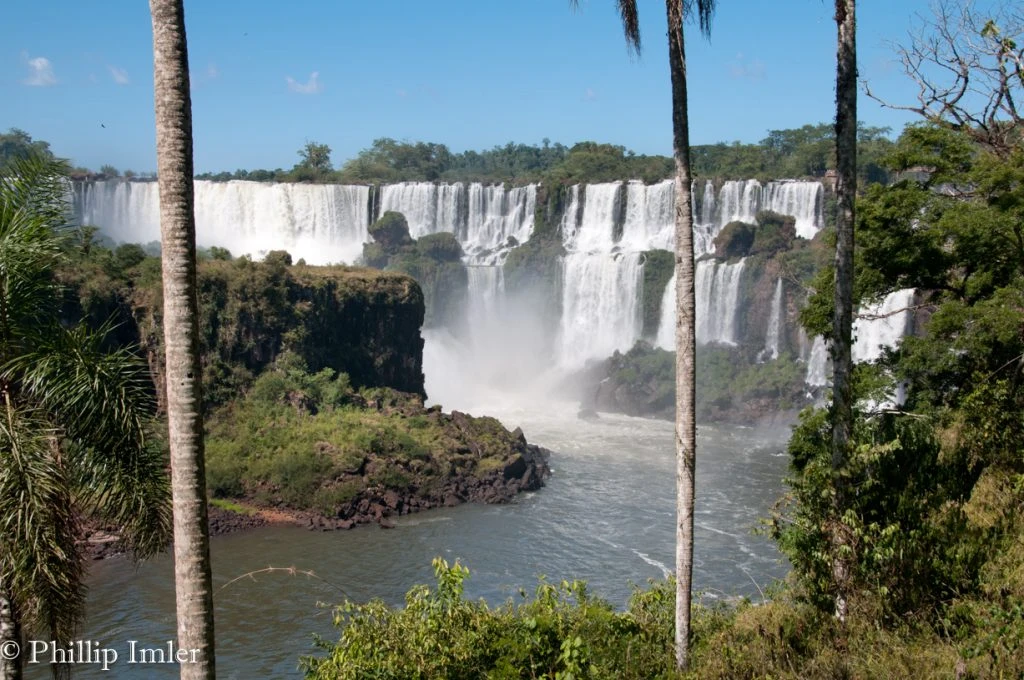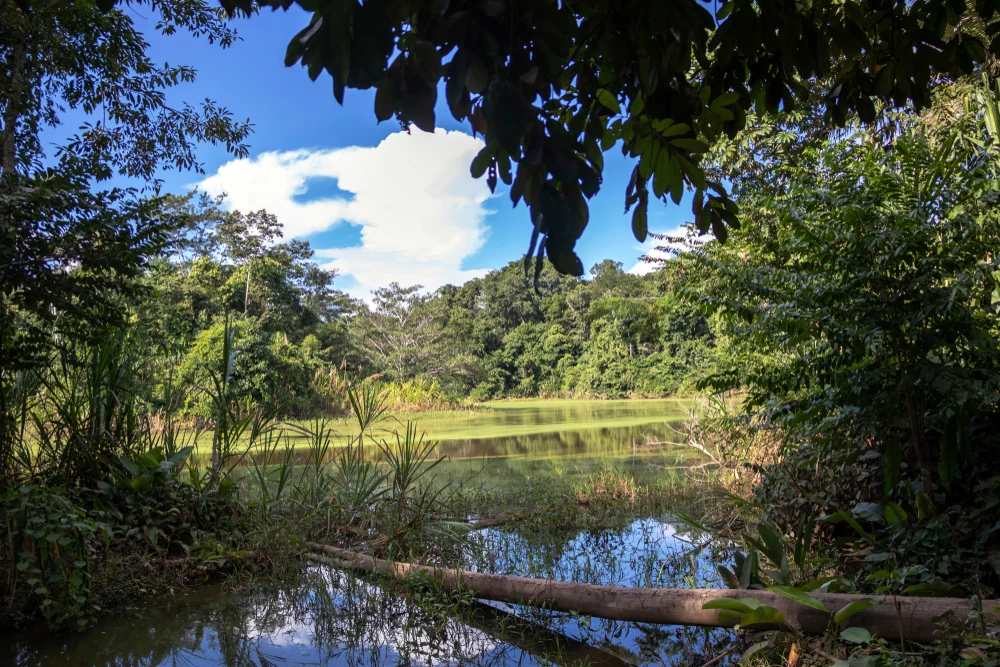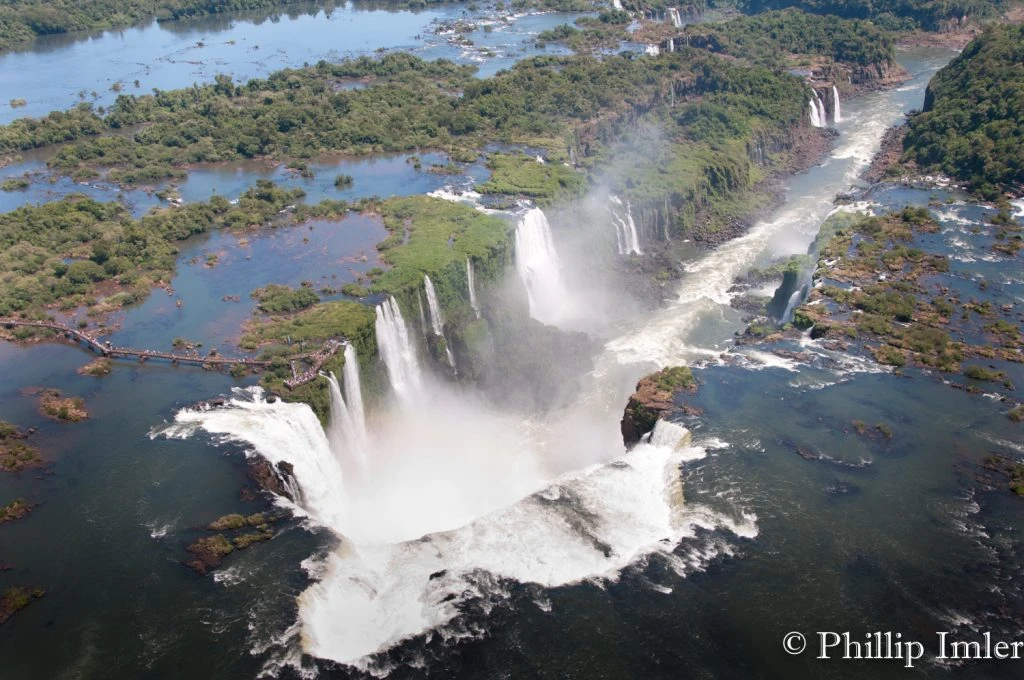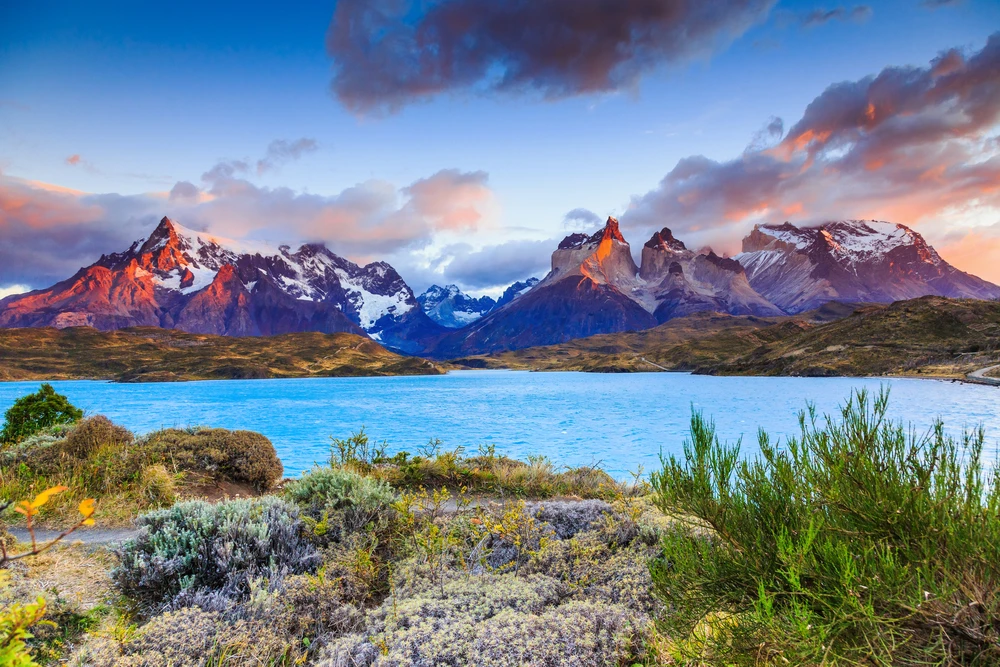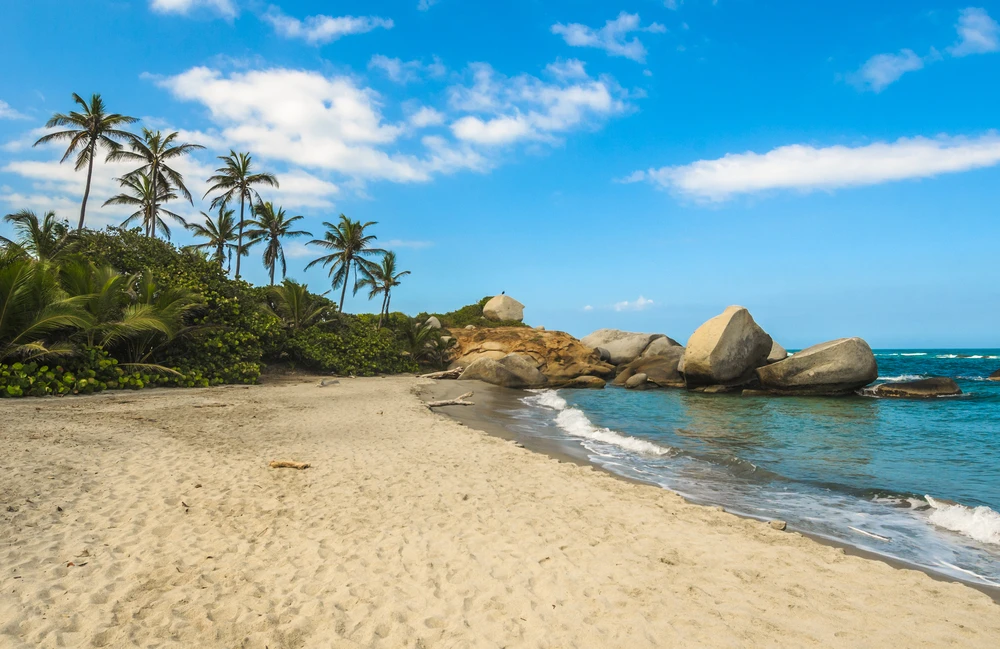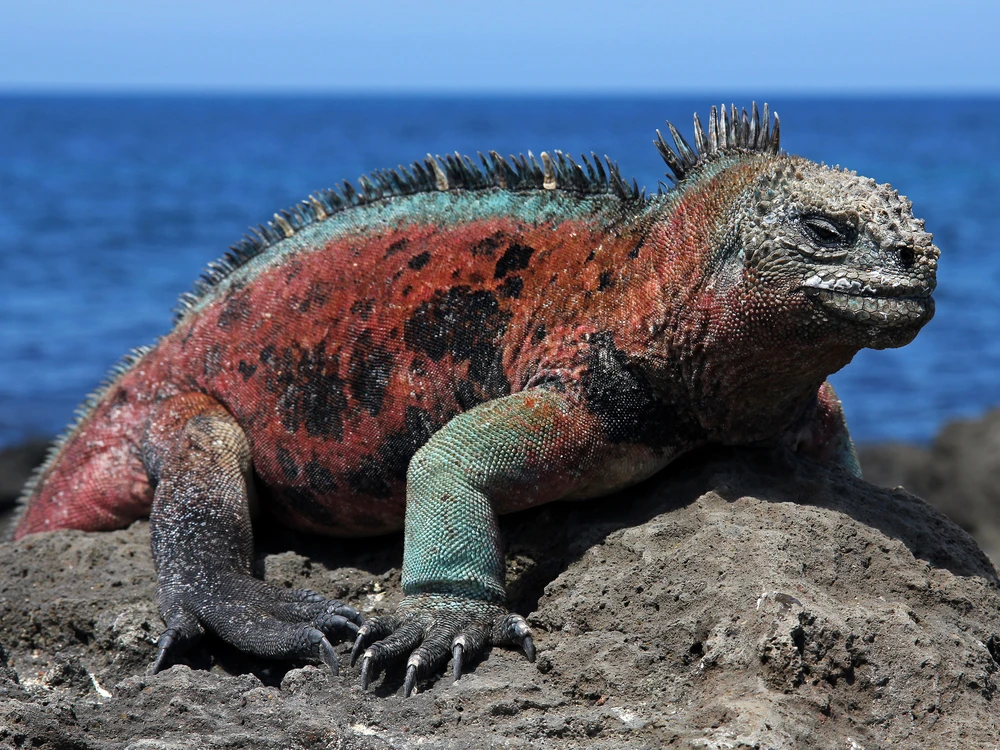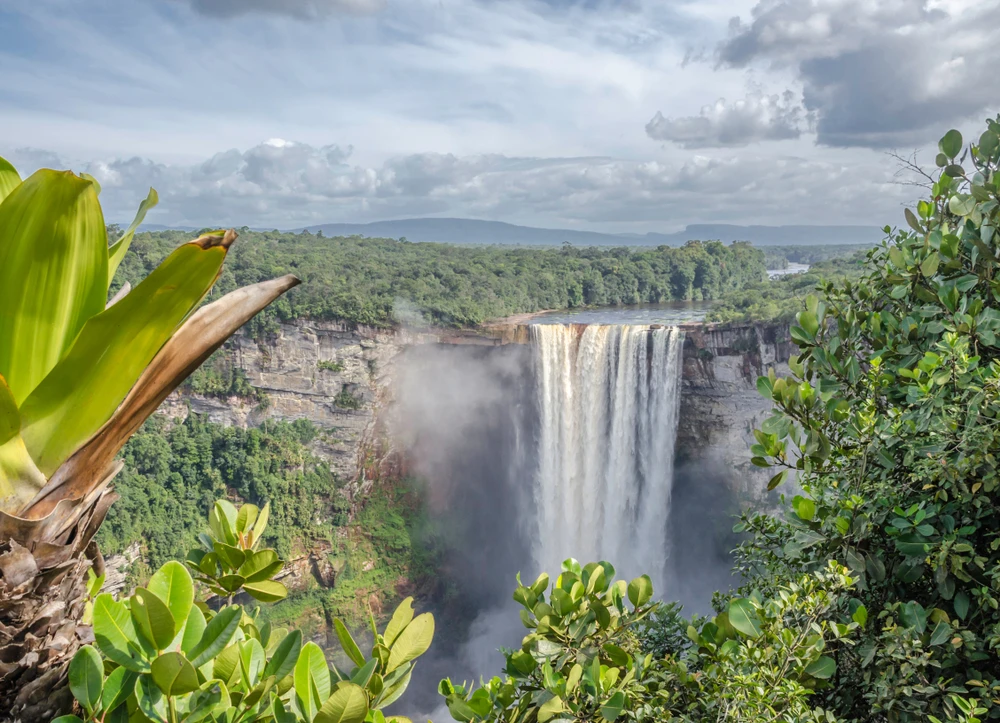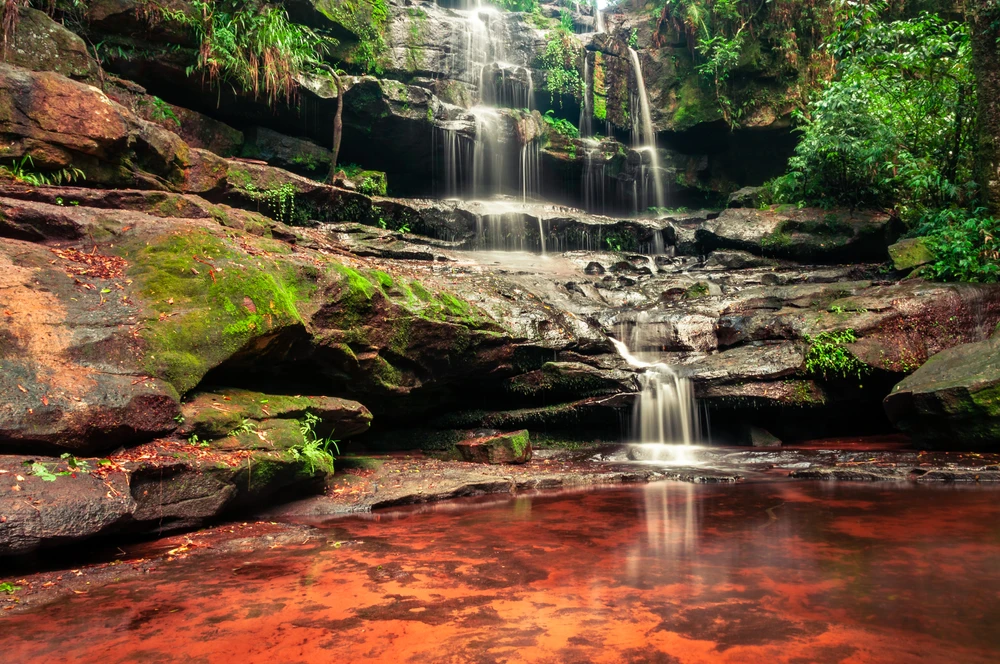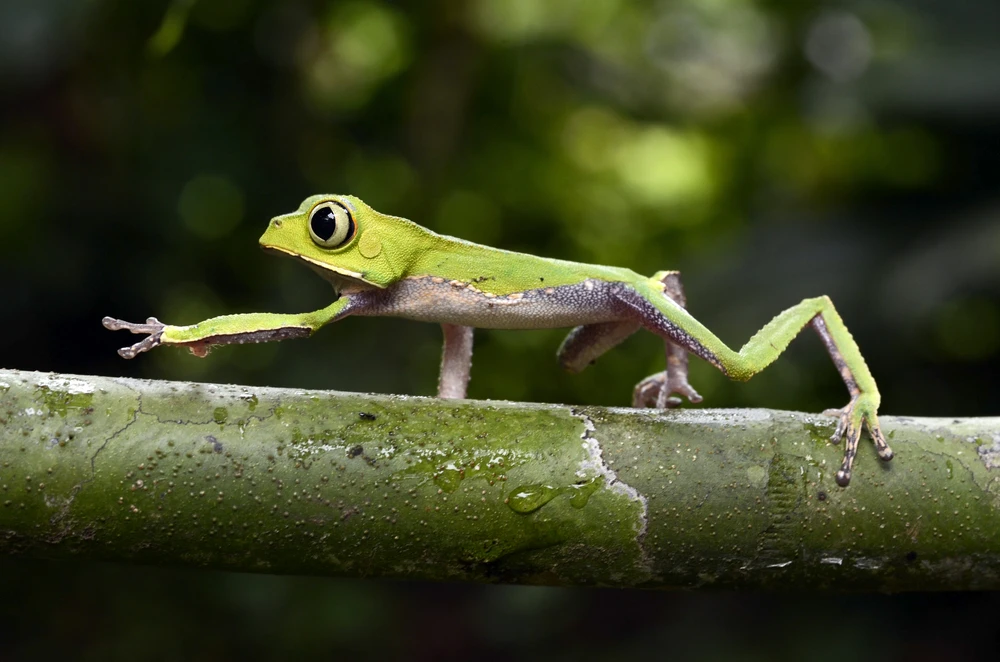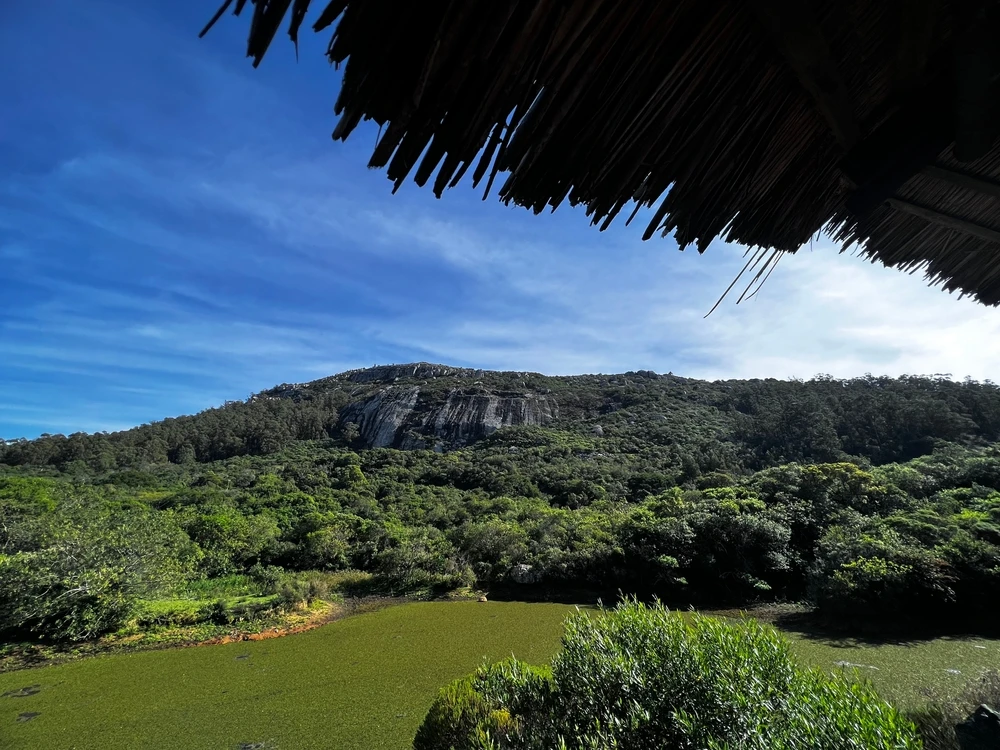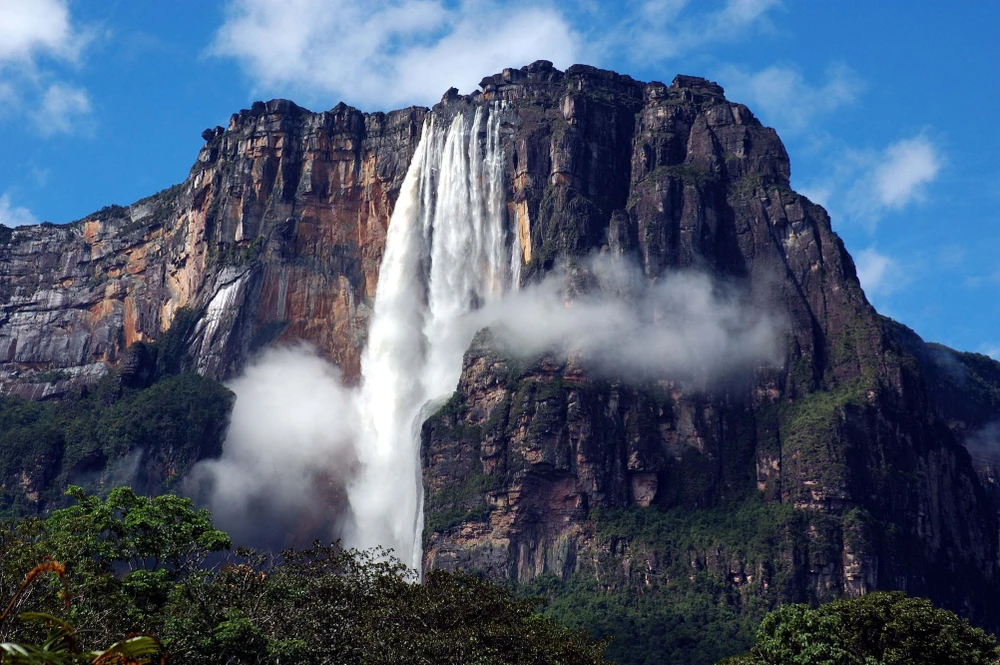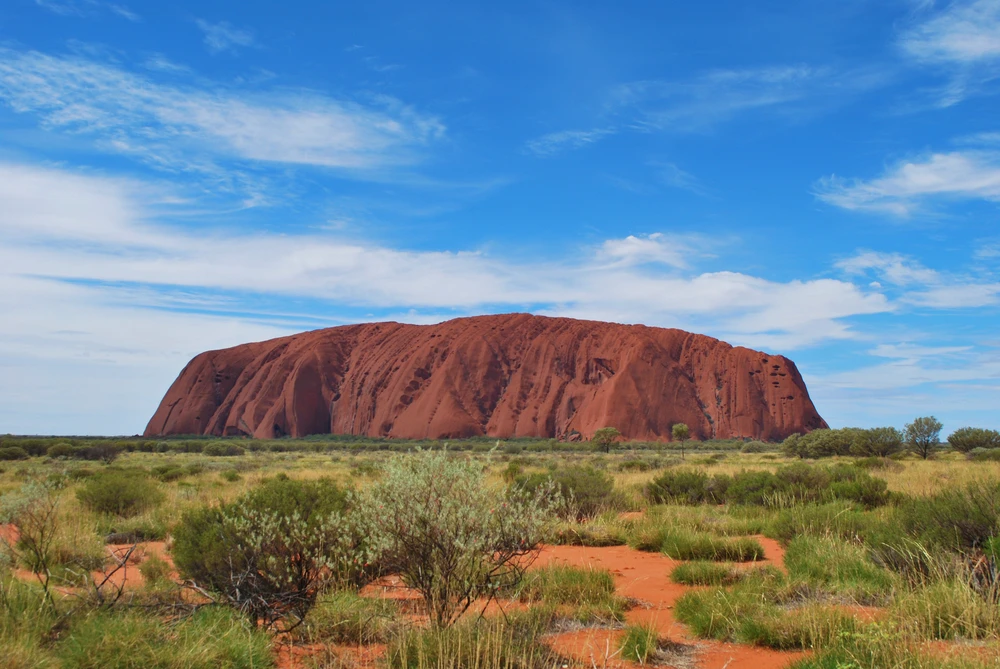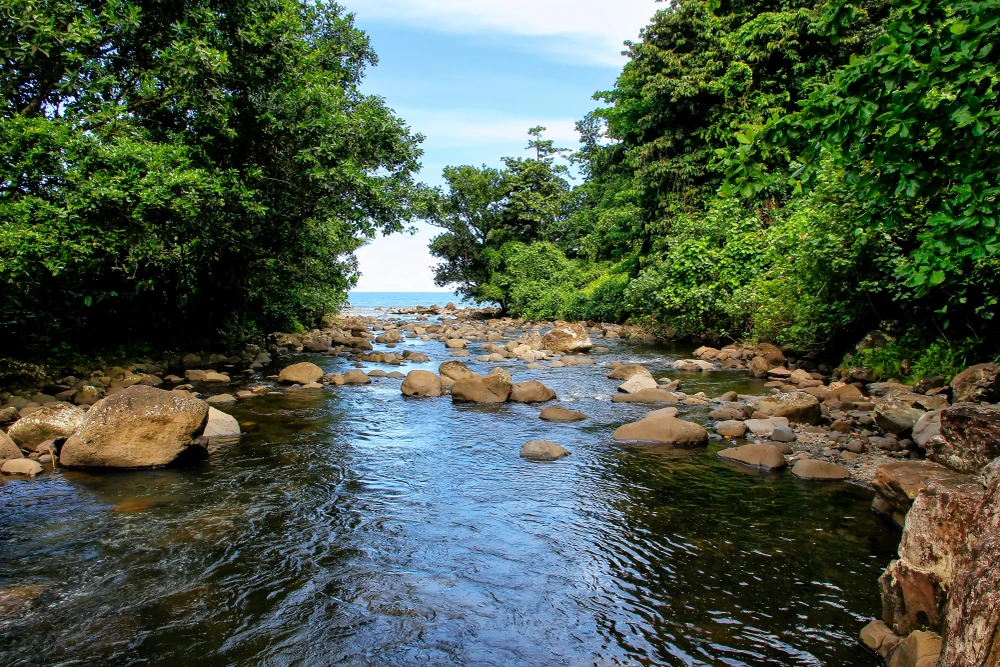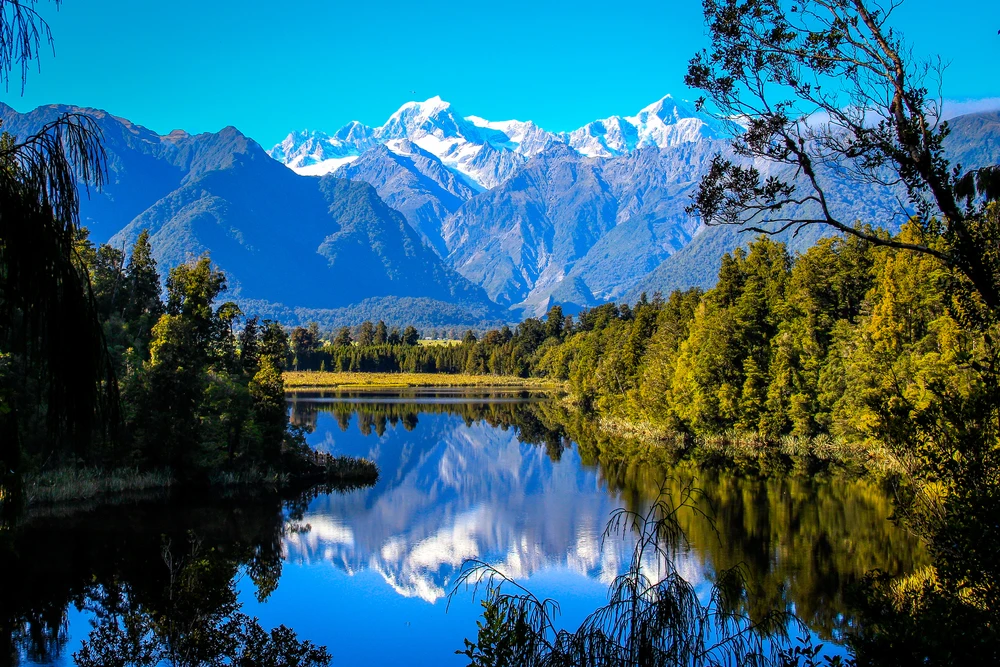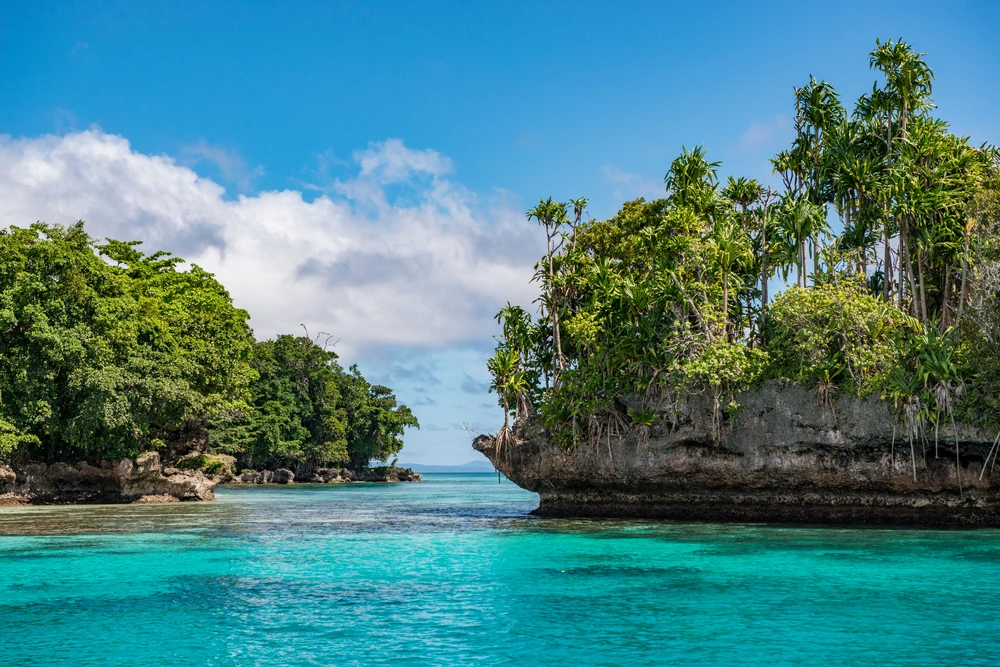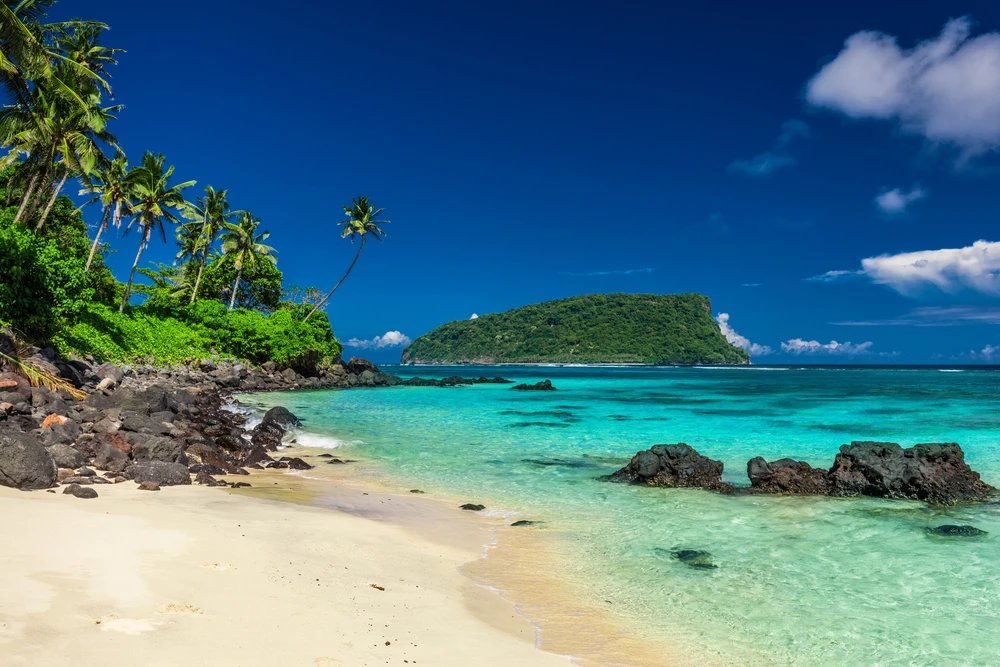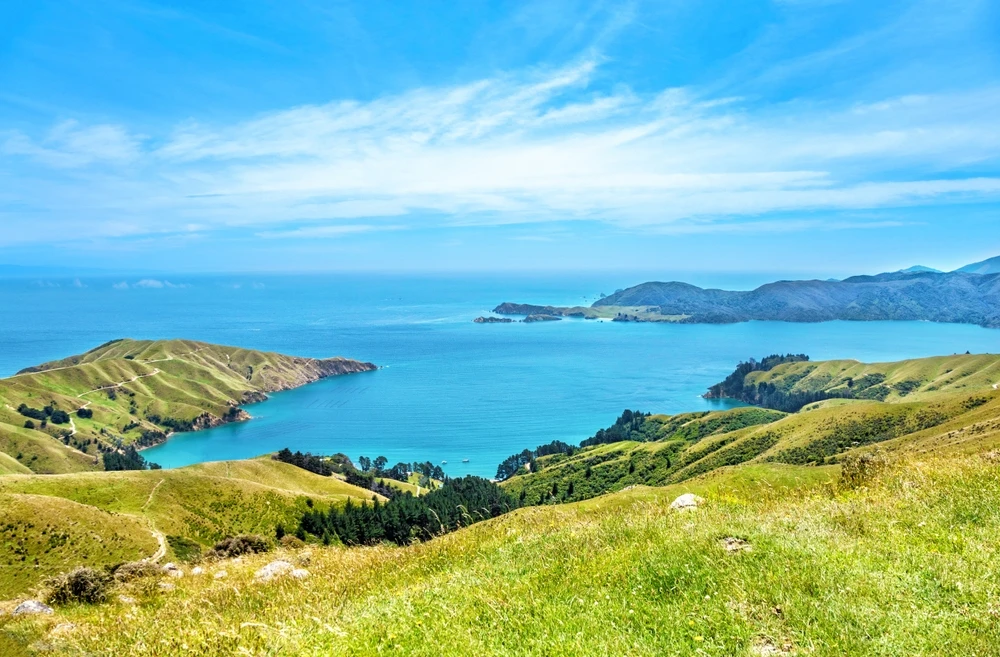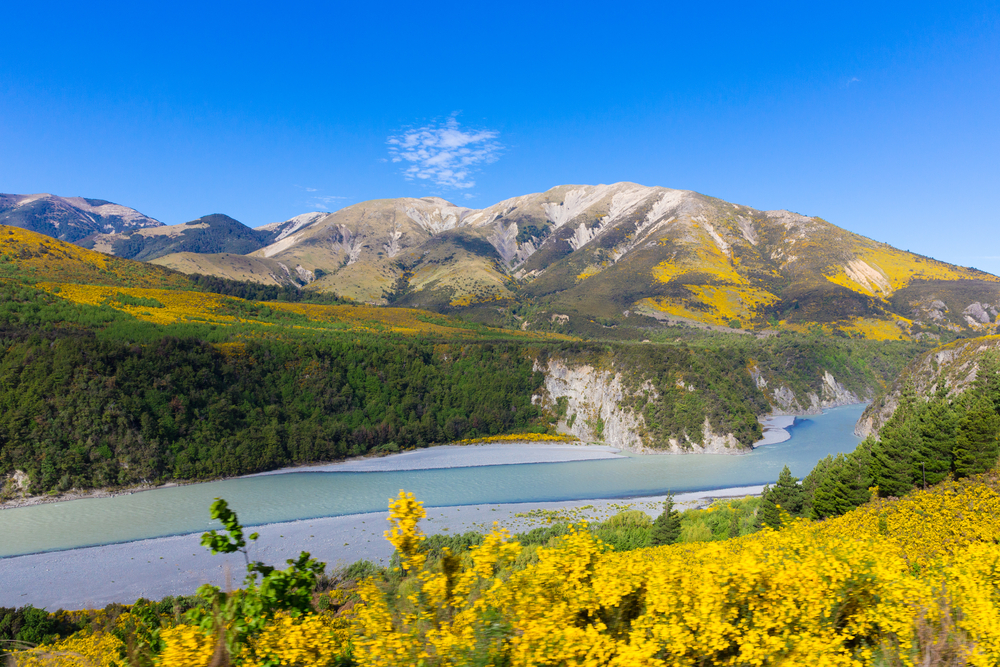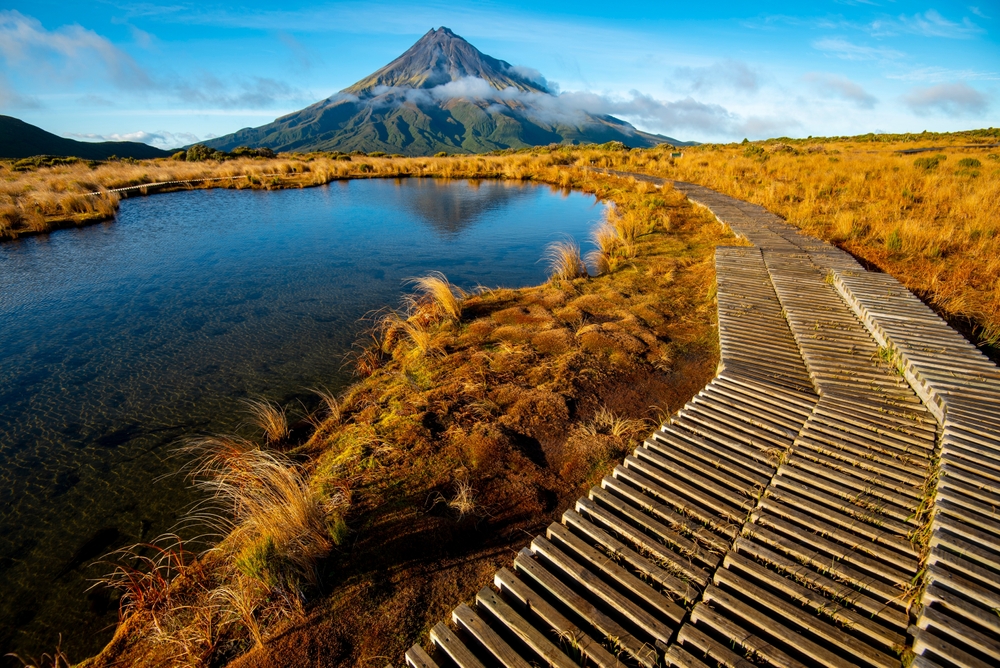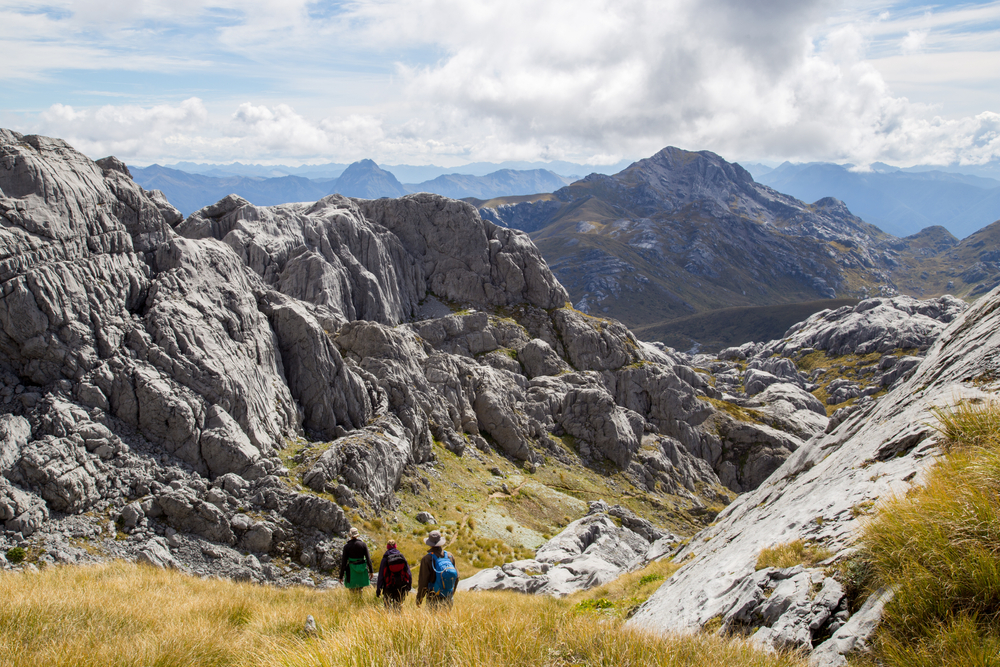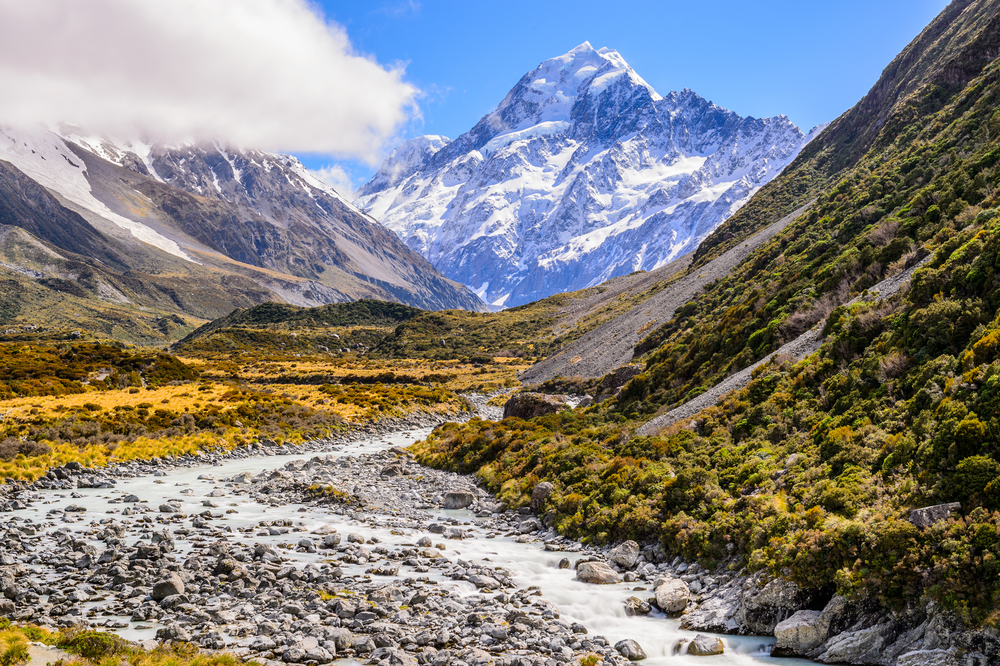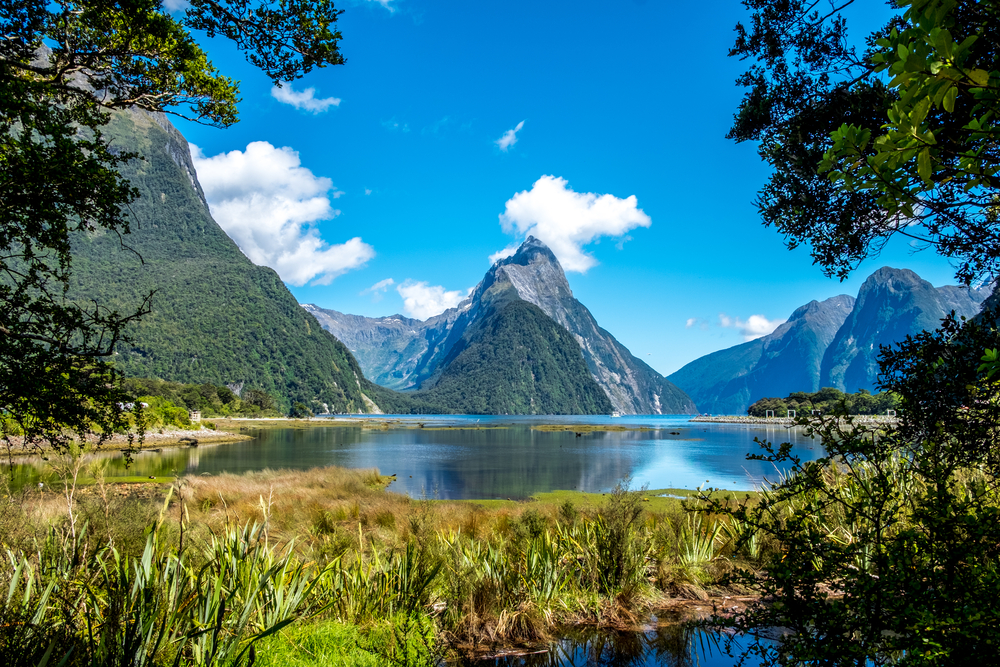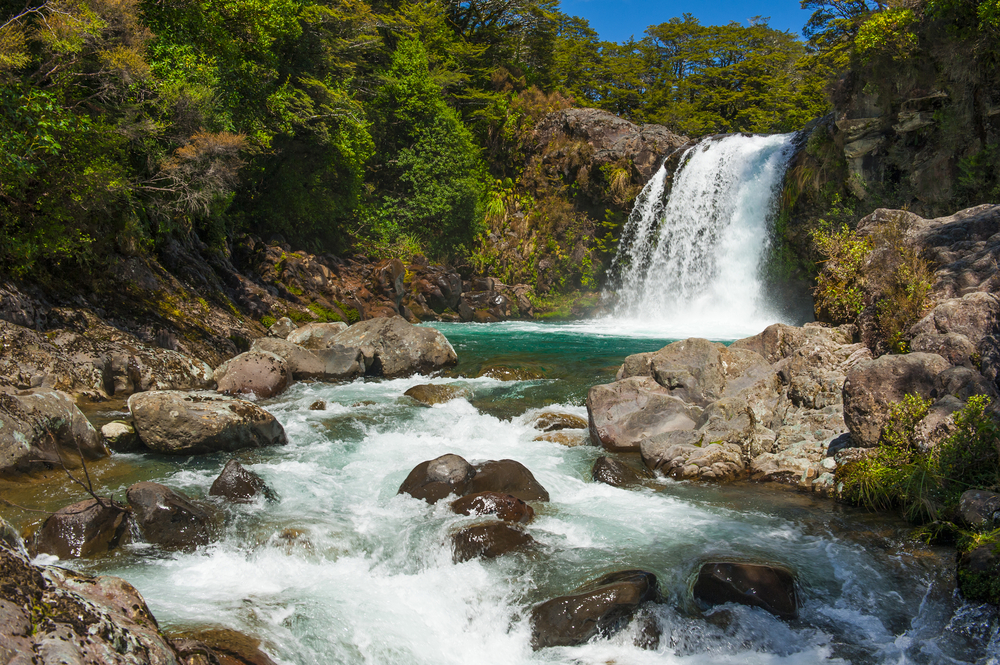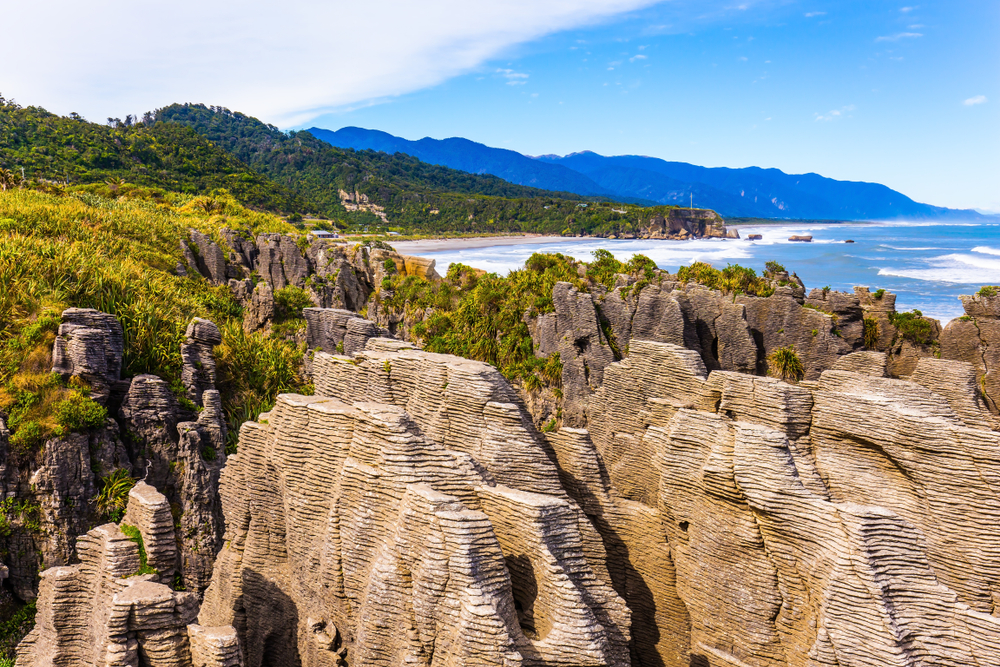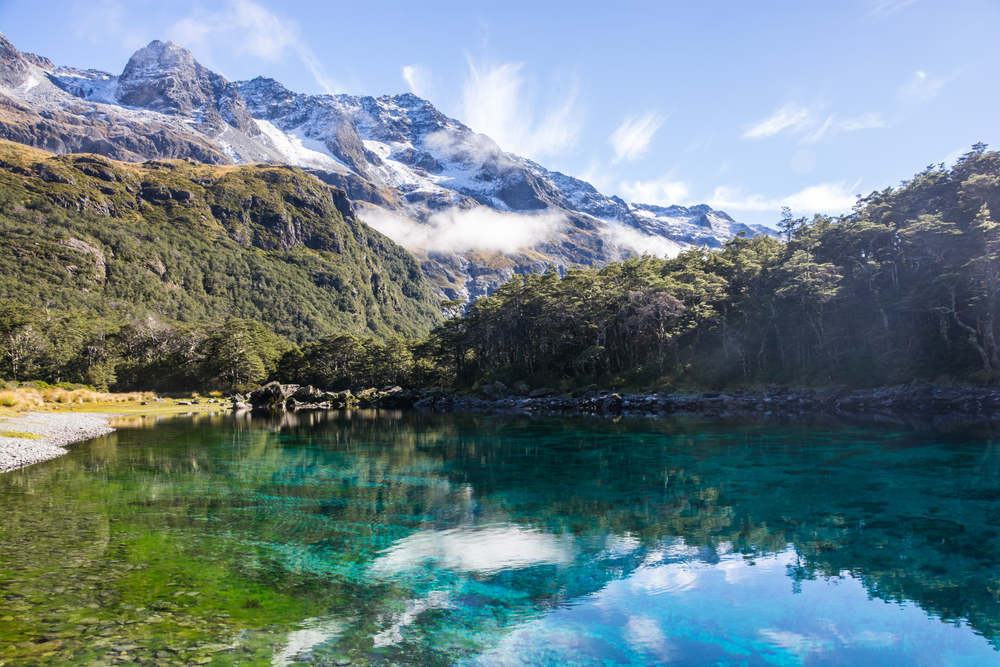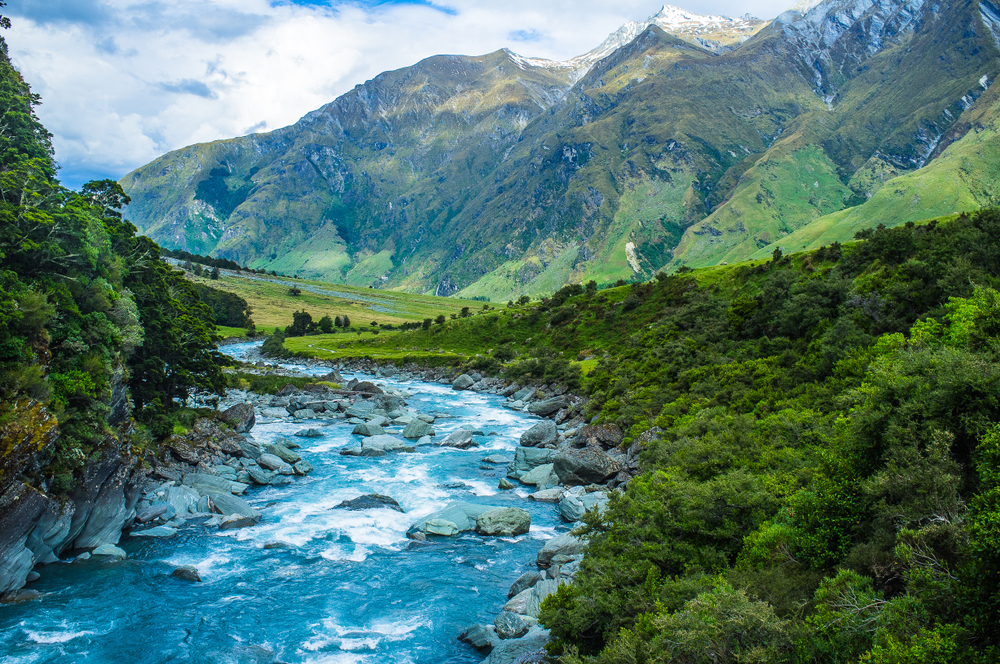Raklura Overview
Rakiura National Park, known in the Māori language as “Te Punga o Te Waka a Māui” (the anchor of Māui’s canoe), is located on Stewart Island/Rakiura, New Zealand’s third-largest island.
Established in 2002, it is the country’s newest national park, encompassing approximately 1,399.6 square kilometers (540.4 square miles), which accounts for about 85% of the island’s total area. The park lies about 30 kilometers (19 miles) south of the South Island, separated by the Foveaux Strait.
The terrain of Rakiura National Park is a diverse mosaic of landscapes. Visitors can explore dense coastal rainforests, freshwater wetlands, expansive sand dunes, and rugged granite mountain ranges. The park’s highest peak, Mount Anglem/Hananui, rises to 981 meters (3,218 feet) above sea level, offering panoramic views of the surrounding wilderness.
The coastline is equally varied, featuring pristine beaches, sheltered inlets, and steep cliffs. Vegetation is predominantly native bush, including species such as rimu, rātā, and kāmahi trees, which provide a lush canopy over the forest floor.
Wildlife enthusiasts will find Rakiura National Park particularly rewarding. The park is renowned for its birdlife, offering perhaps the best opportunity in New Zealand to observe the Southern brown kiwi, or tokoeka, in its natural habitat.
Unlike their mainland counterparts, these kiwi are often active during daylight hours, increasing the chances of sightings. Other notable bird species include the kākā, a forest parrot known for its raucous calls; the red-crowned parakeet; and the Stewart Island robin.
Coastal areas are home to the endangered yellow-eyed penguin and various seabirds. Marine mammals, such as New Zealand fur seals and occasionally dolphins, can be spotted along the shores.
One of the park’s most popular features is the Rakiura Track, a 32-kilometer (20-mile) circuit that typically takes three days to complete. This “Great Walk” meanders through native forests, along coastlines, and across wetlands, providing a comprehensive introduction to the island’s diverse environments.
For those seeking shorter excursions, there are numerous day walks, such as the Fern Gully (2 hours return) and Horseshoe Point (3 hours return) tracks, each offering unique perspectives of the park’s landscapes.
Visitors can engage with the park in various ways, including tramping (hiking), birdwatching, fishing, and kayaking. The Department of Conservation maintains over 25 huts within the park, ranging from basic shelters to more comfortable “Great Walk” huts, providing accommodation options for multi-day treks.
Guided tours are available for those interested in learning more about the park’s natural and cultural history. Additionally, the nearby Ulva Island/Te Wharawhara, a predator-free sanctuary, offers opportunities to observe rare and endangered bird species in a pristine setting.
Conservation efforts in Rakiura National Park have seen both challenges and successes. The absence of certain predators, such as stoats and ferrets, has allowed native bird populations to thrive. However, the presence of other invasive species, including rats and possums, continues to pose threats to the ecosystem.
Ongoing management programs aim to control these pests and protect vulnerable species. The establishment of the park itself is a significant conservation achievement, ensuring the preservation of a largely unmodified ecosystem and providing a refuge for wildlife.
Rakiura National Park offers a glimpse into New Zealand’s natural heritage, with its unspoiled landscapes and rich biodiversity providing a haven for both wildlife and visitors seeking tranquility and adventure.
